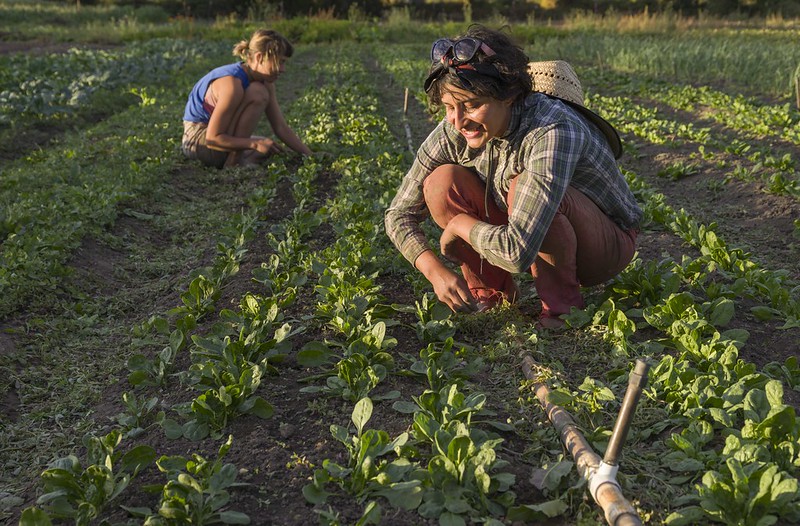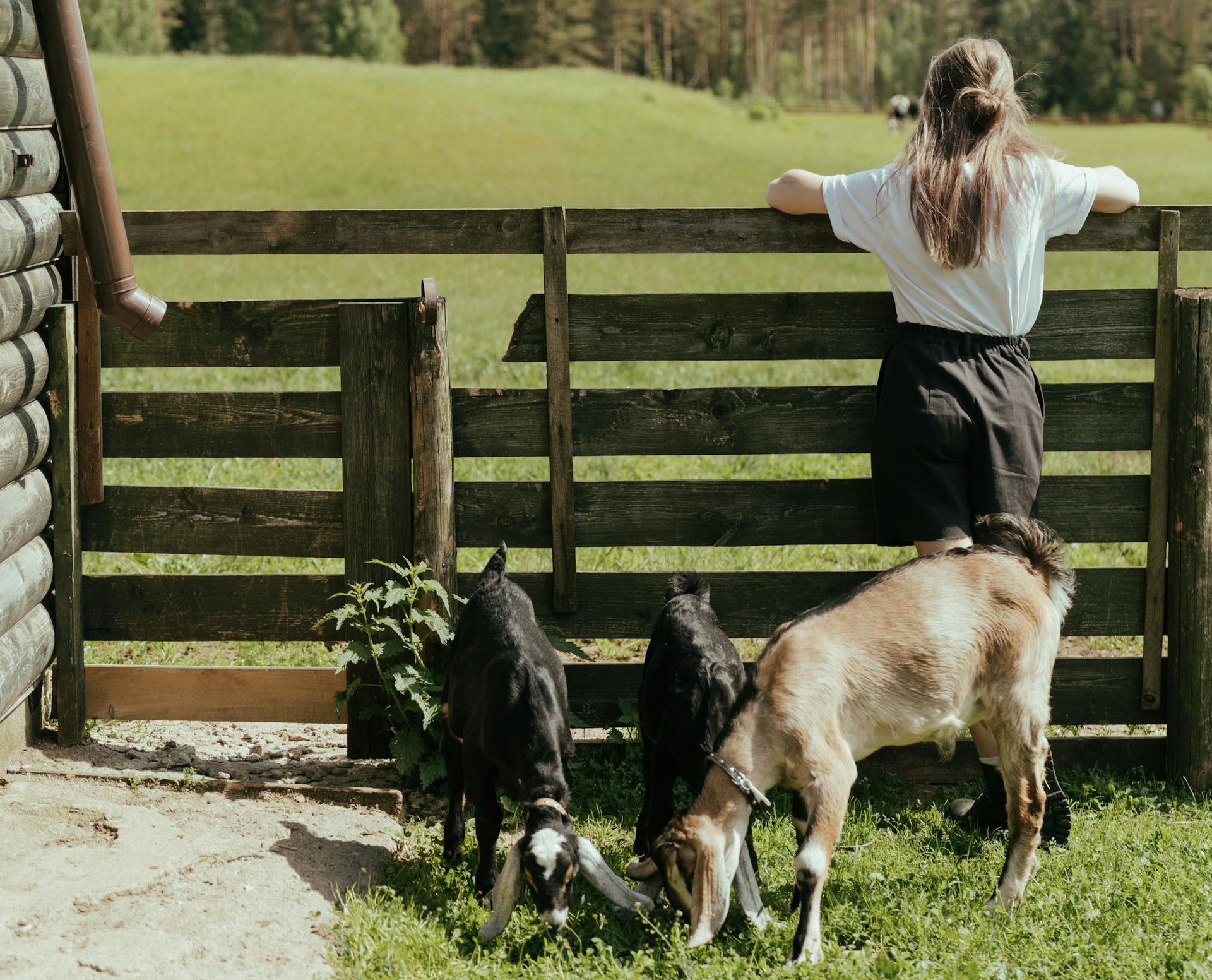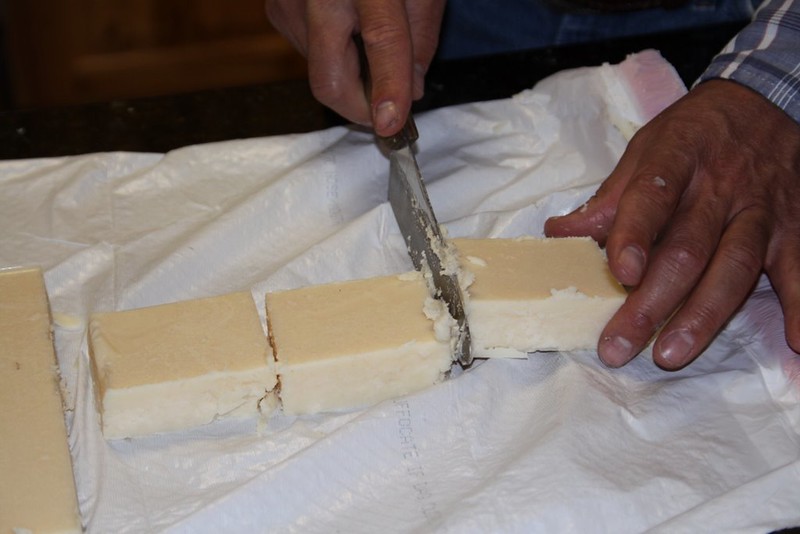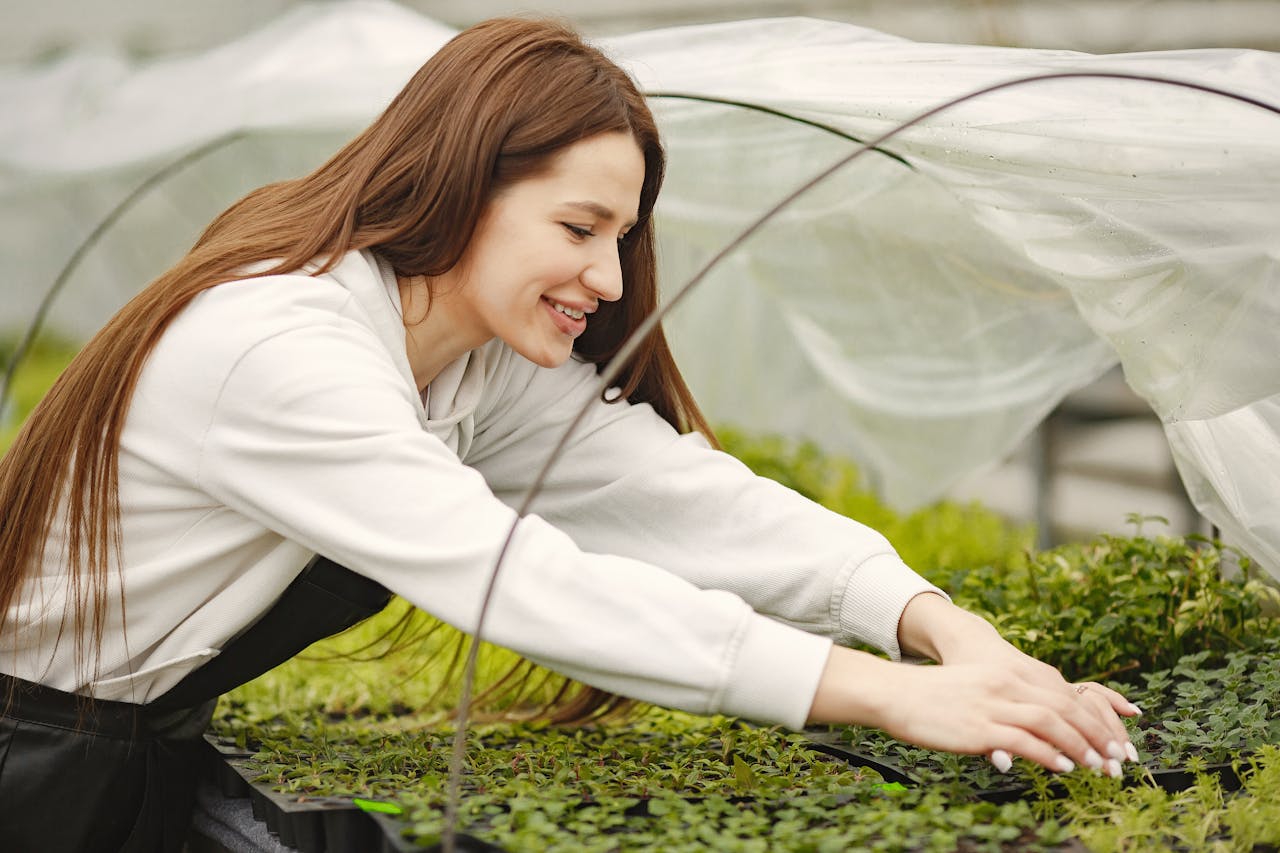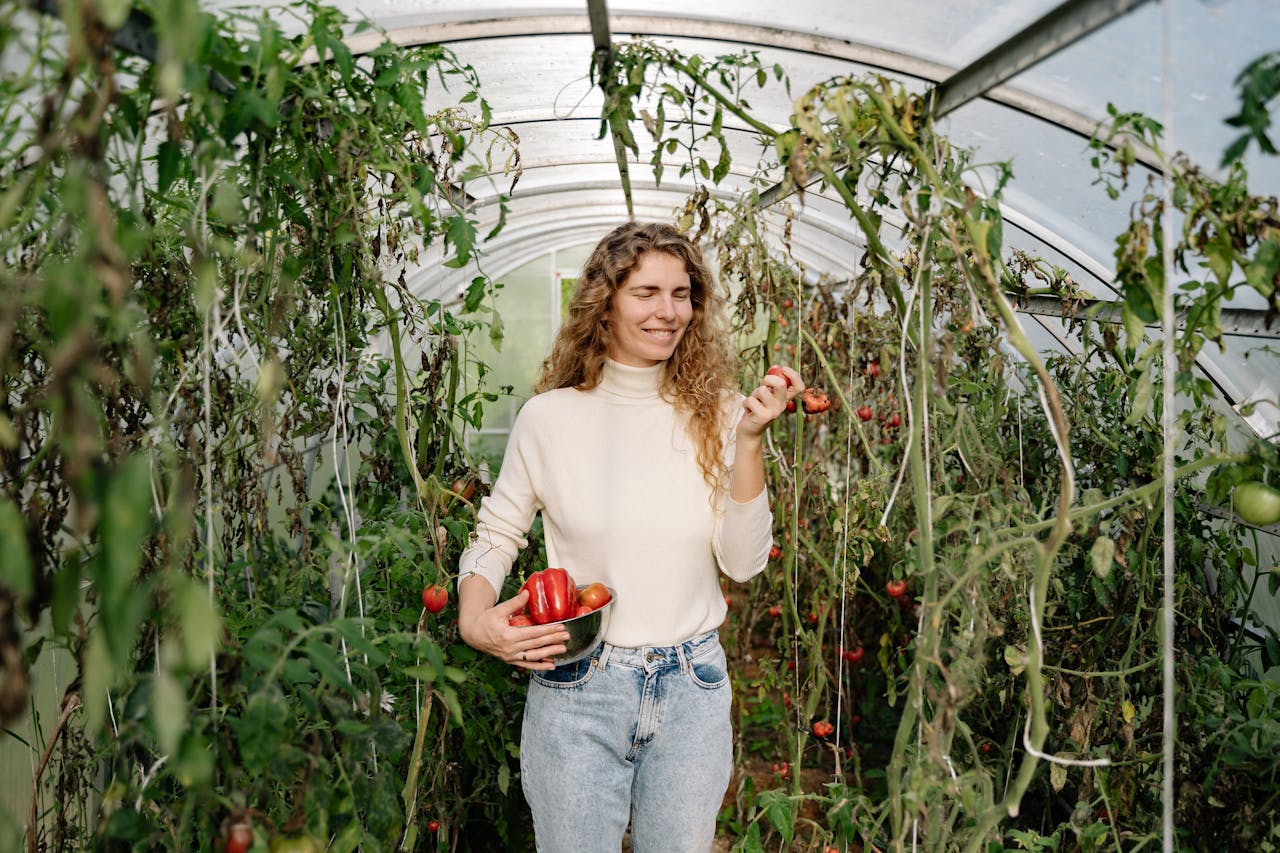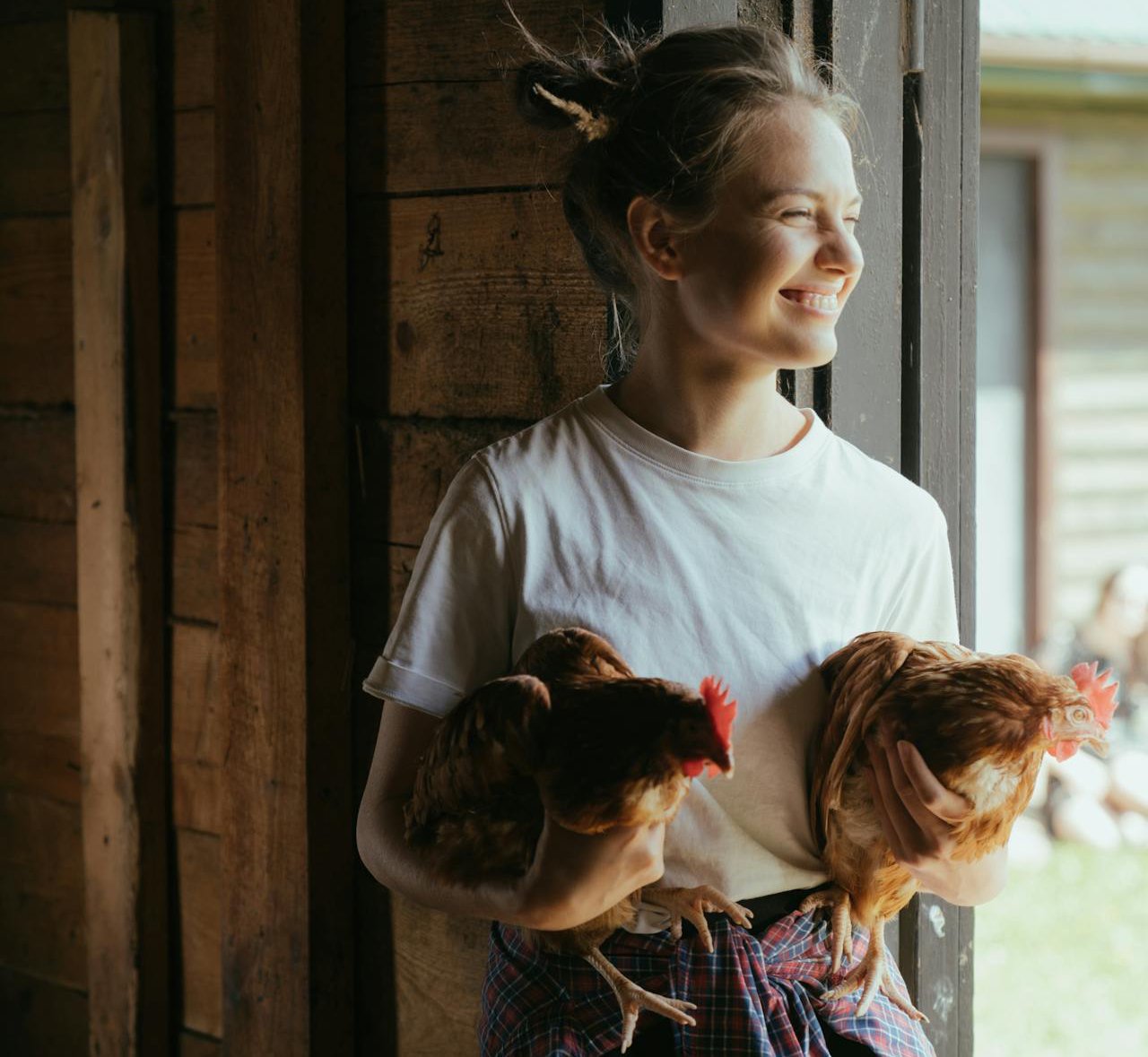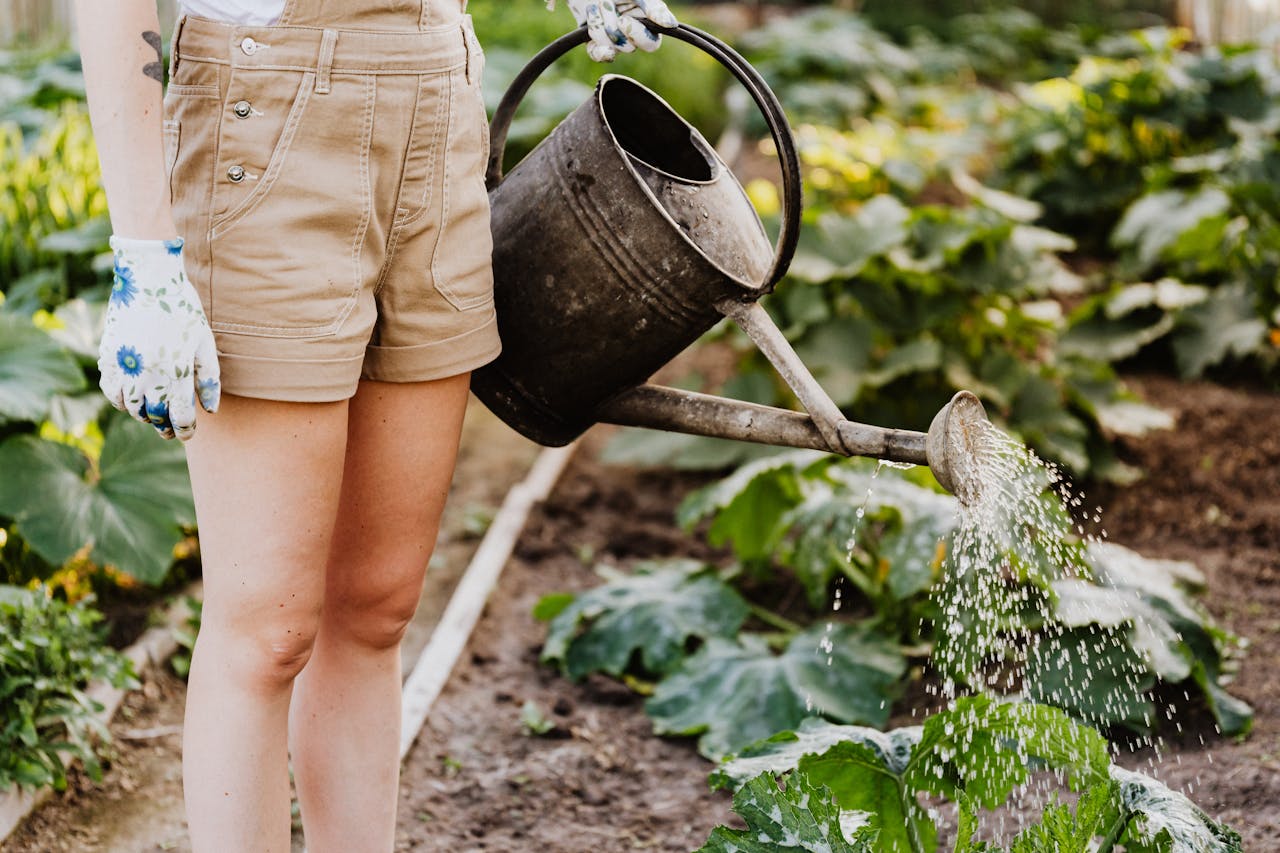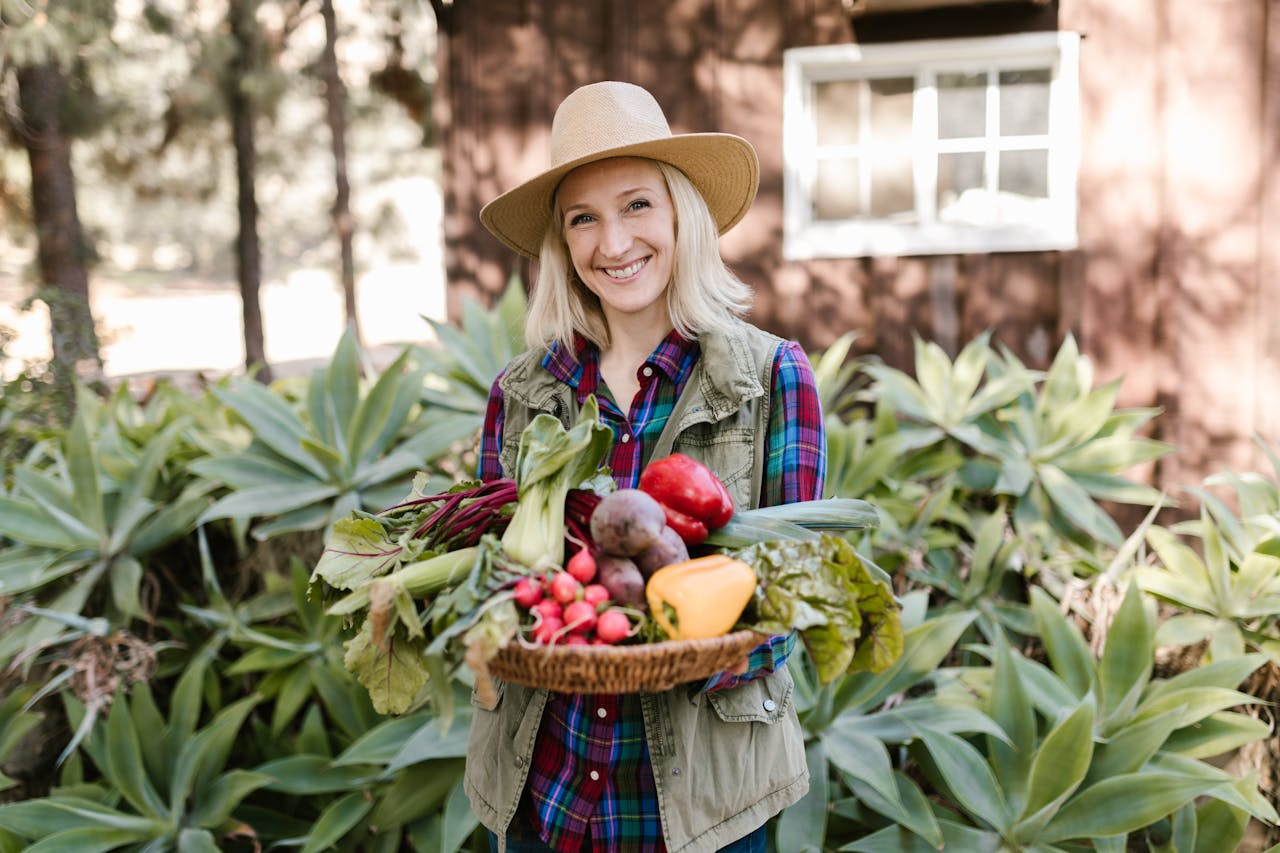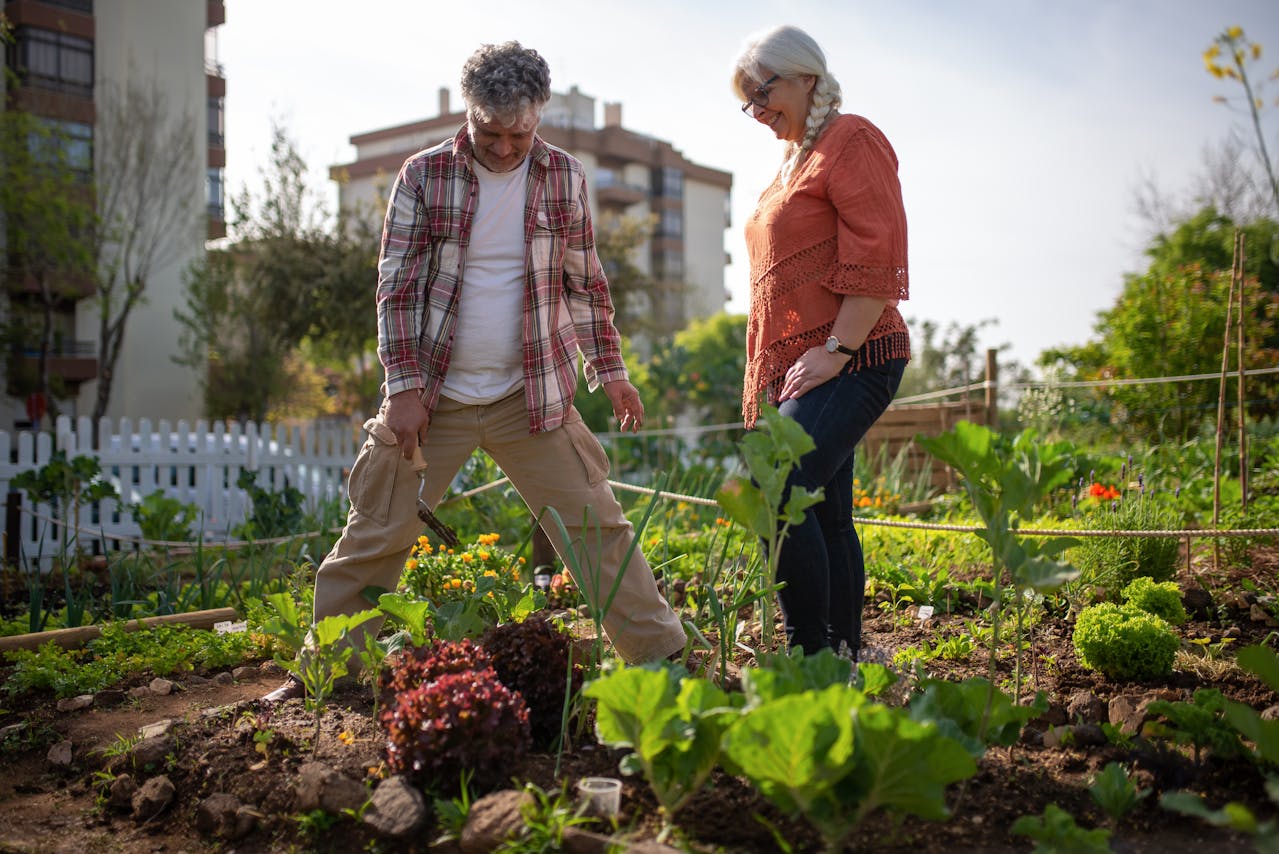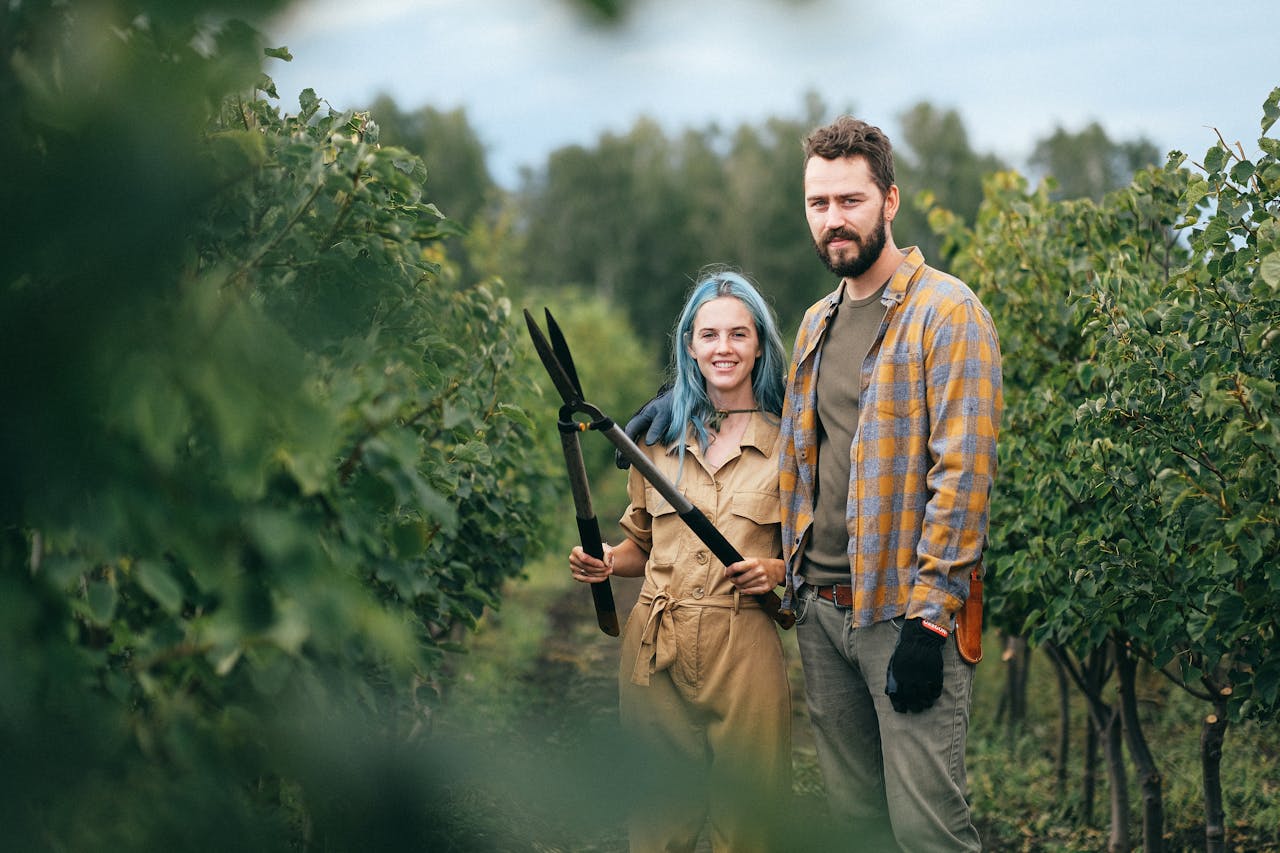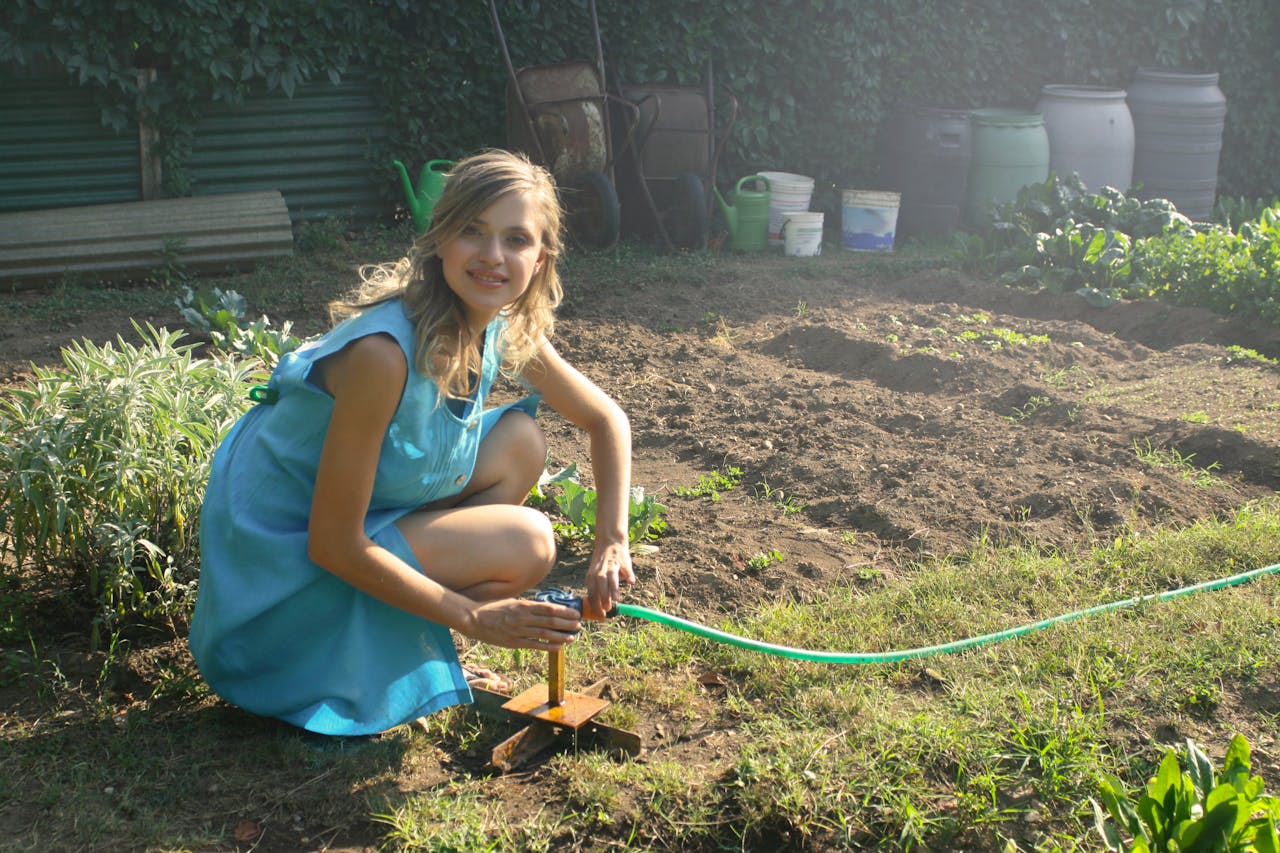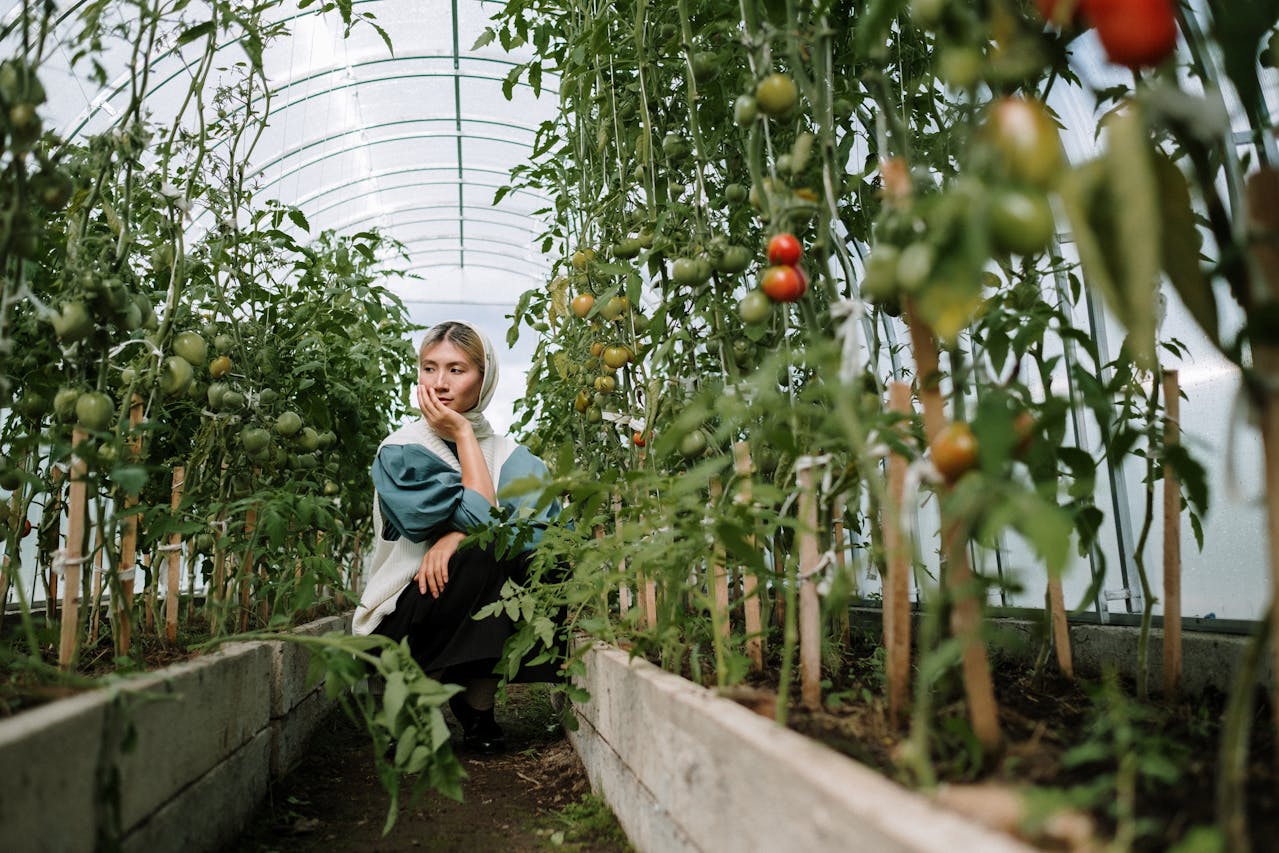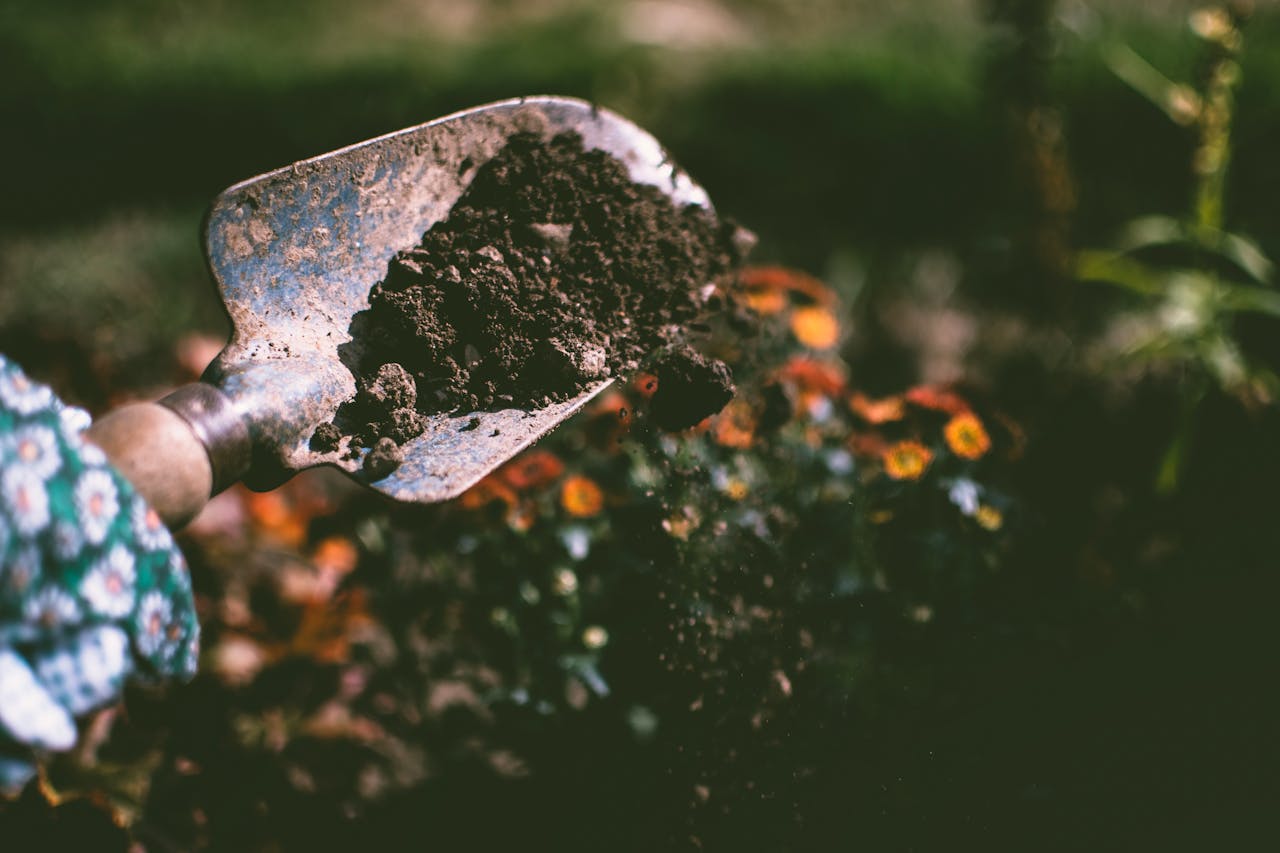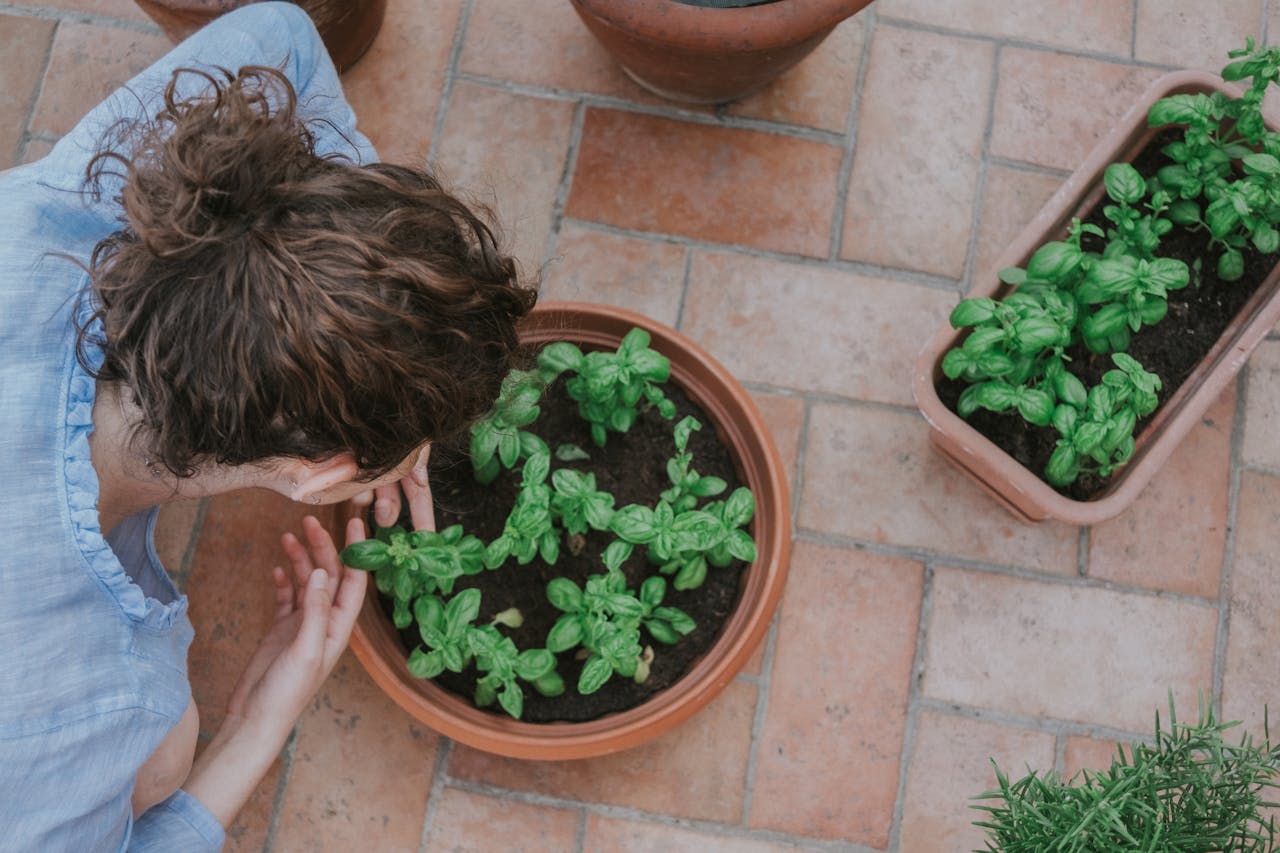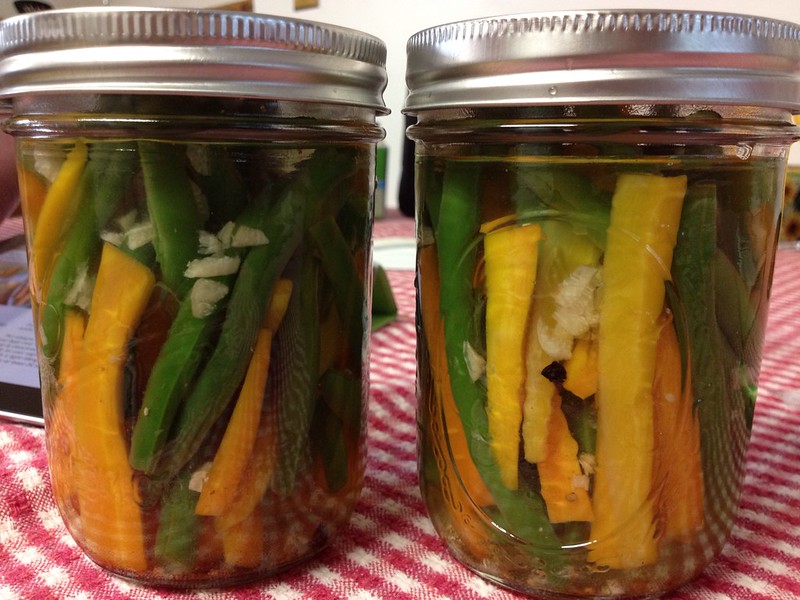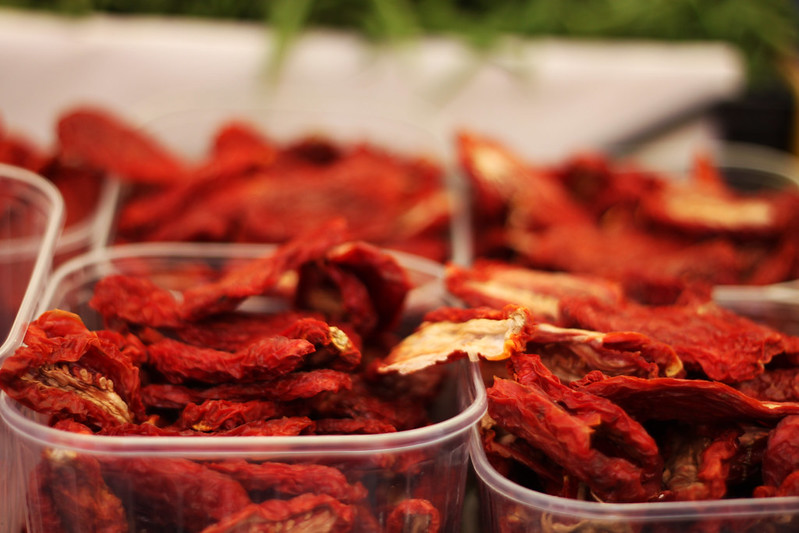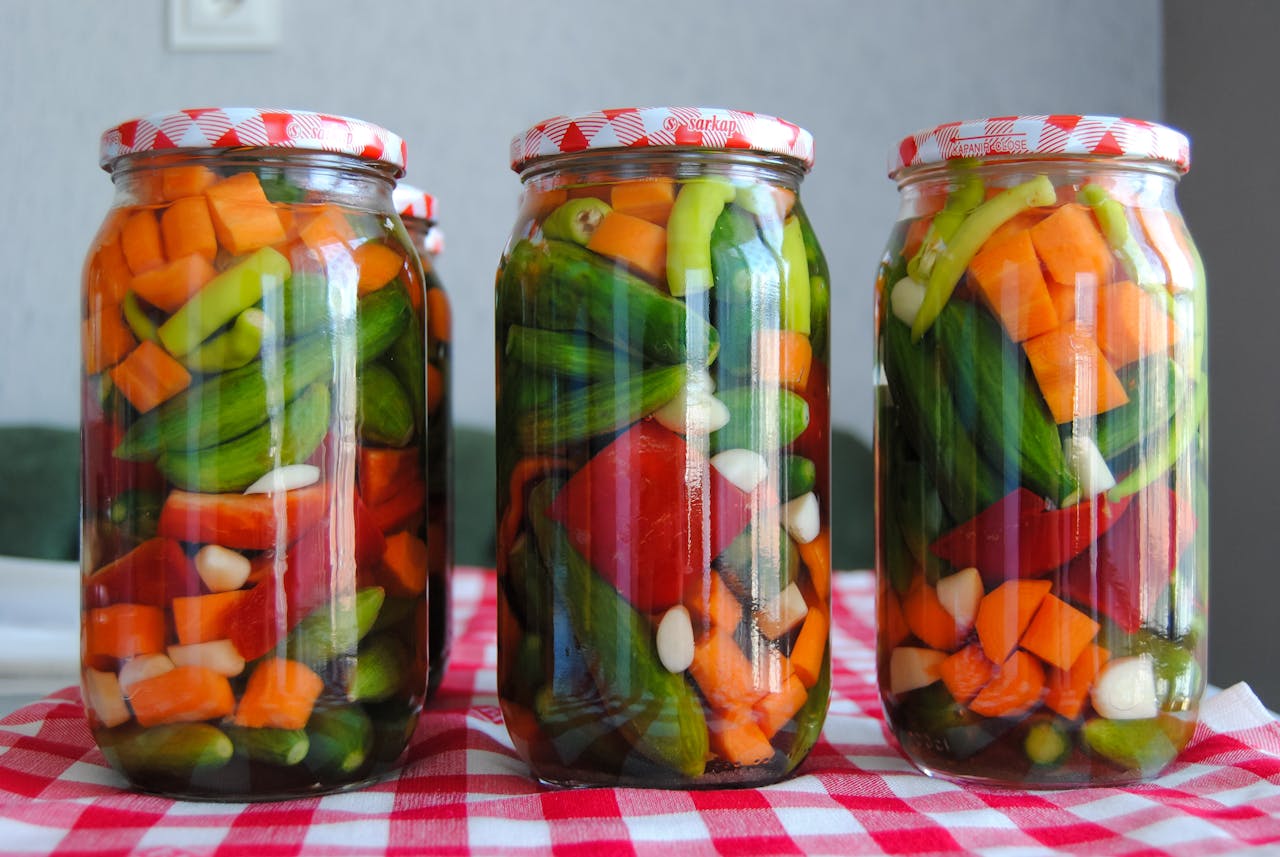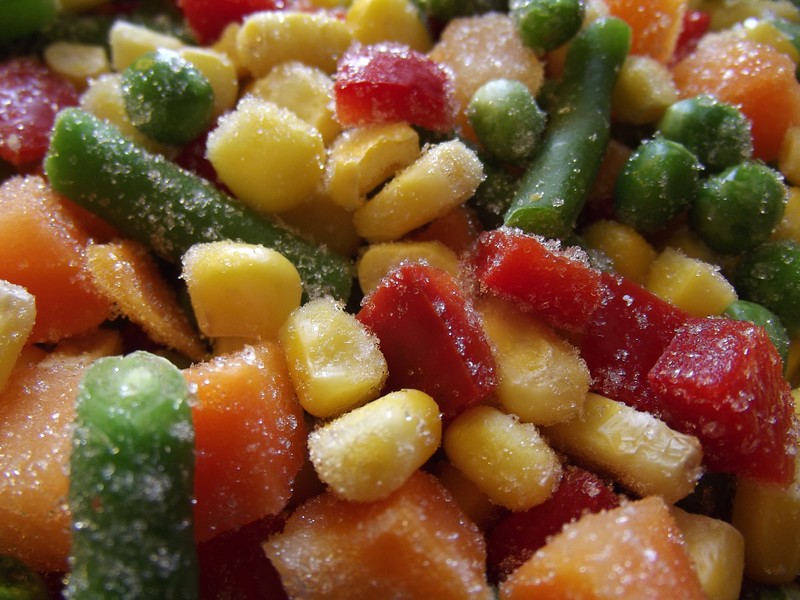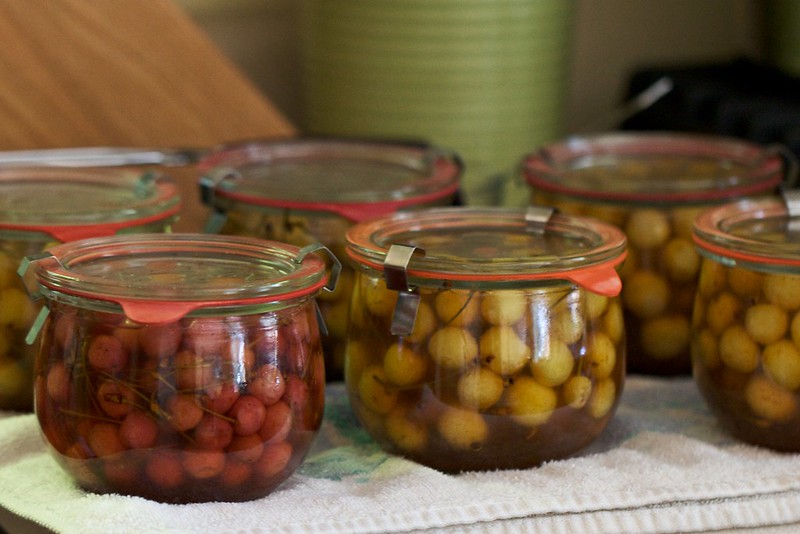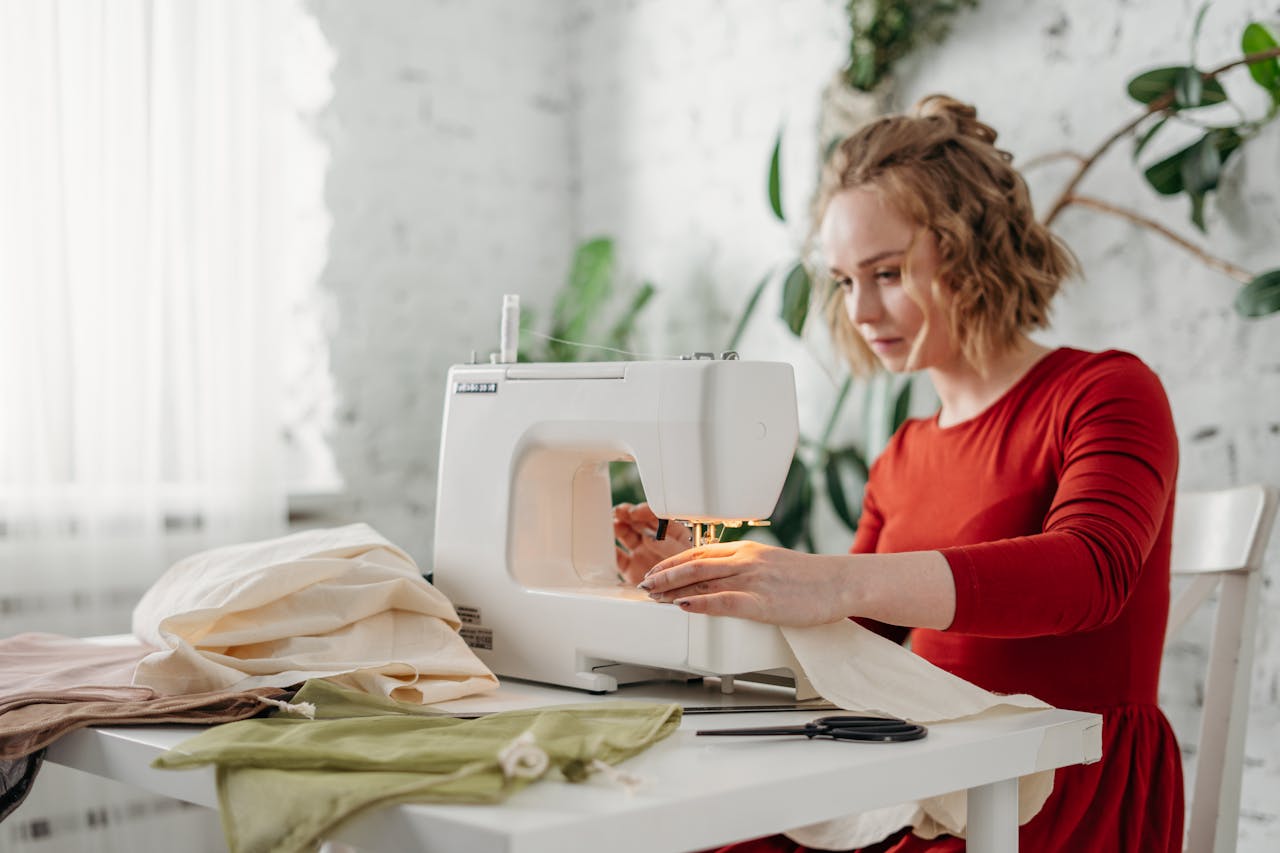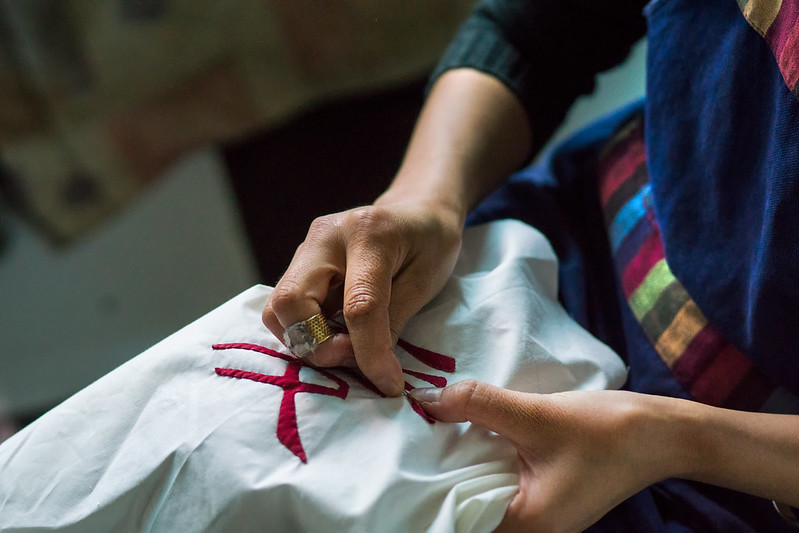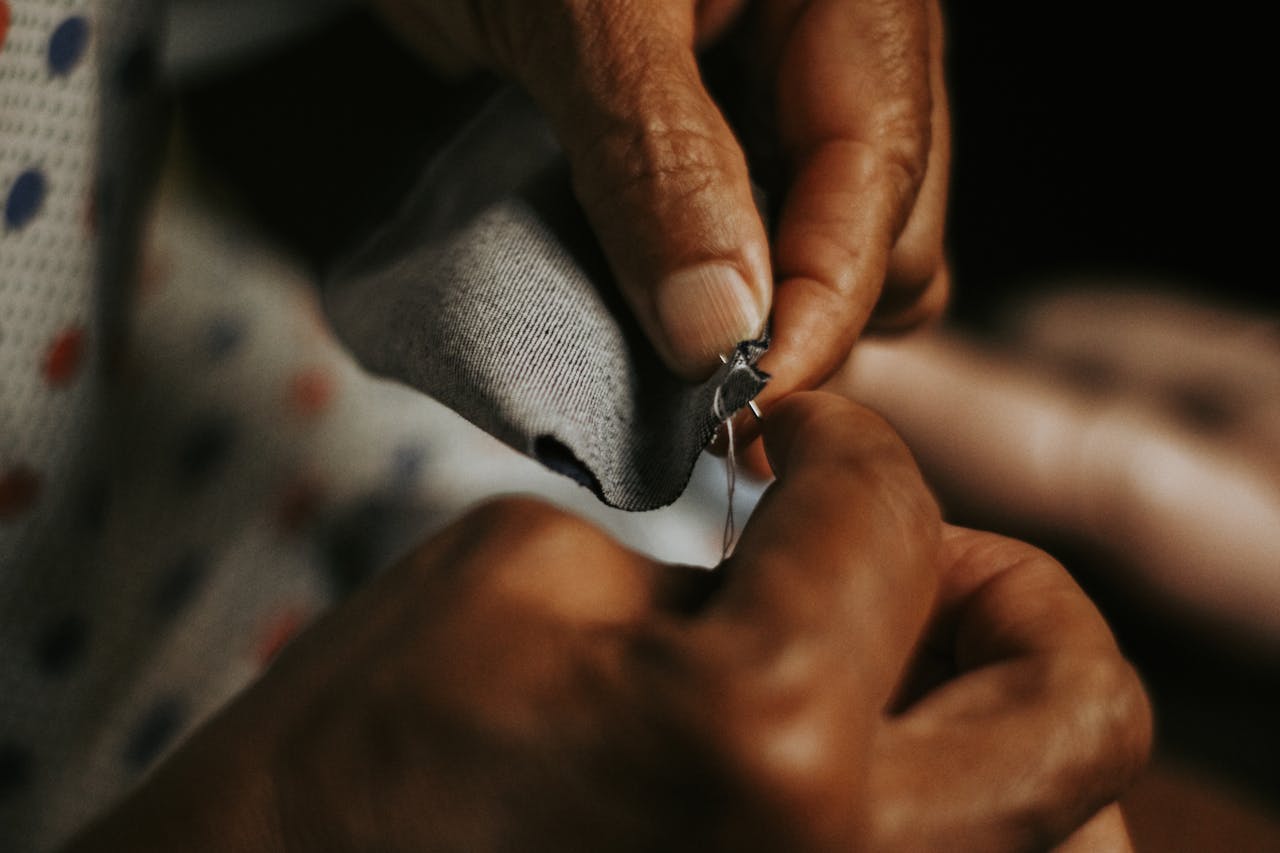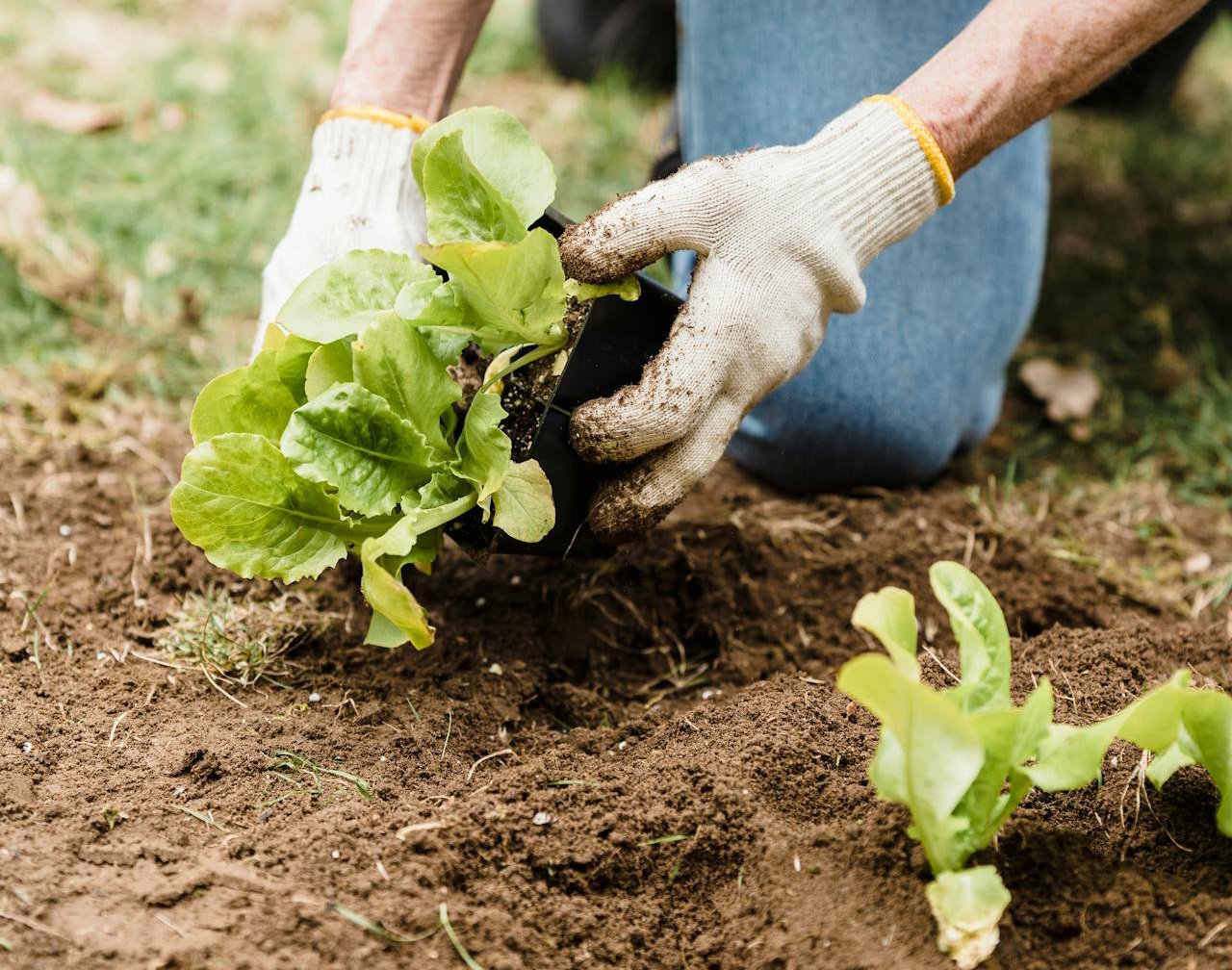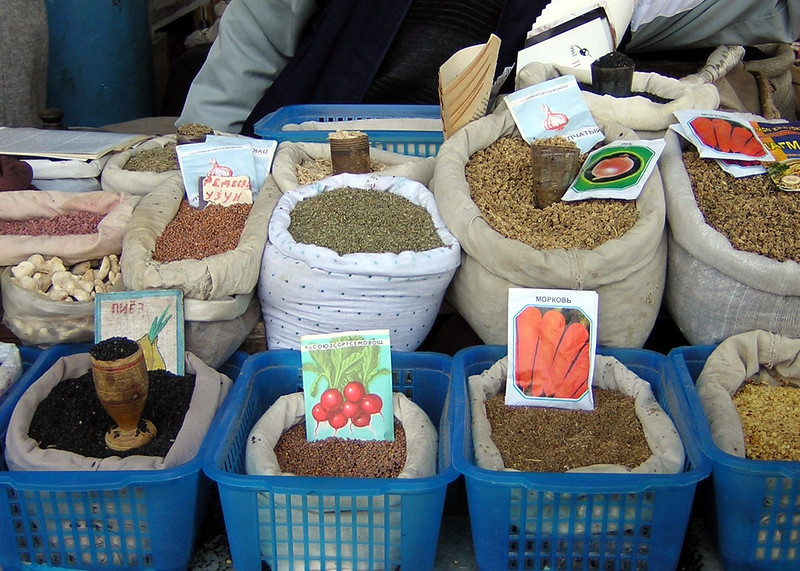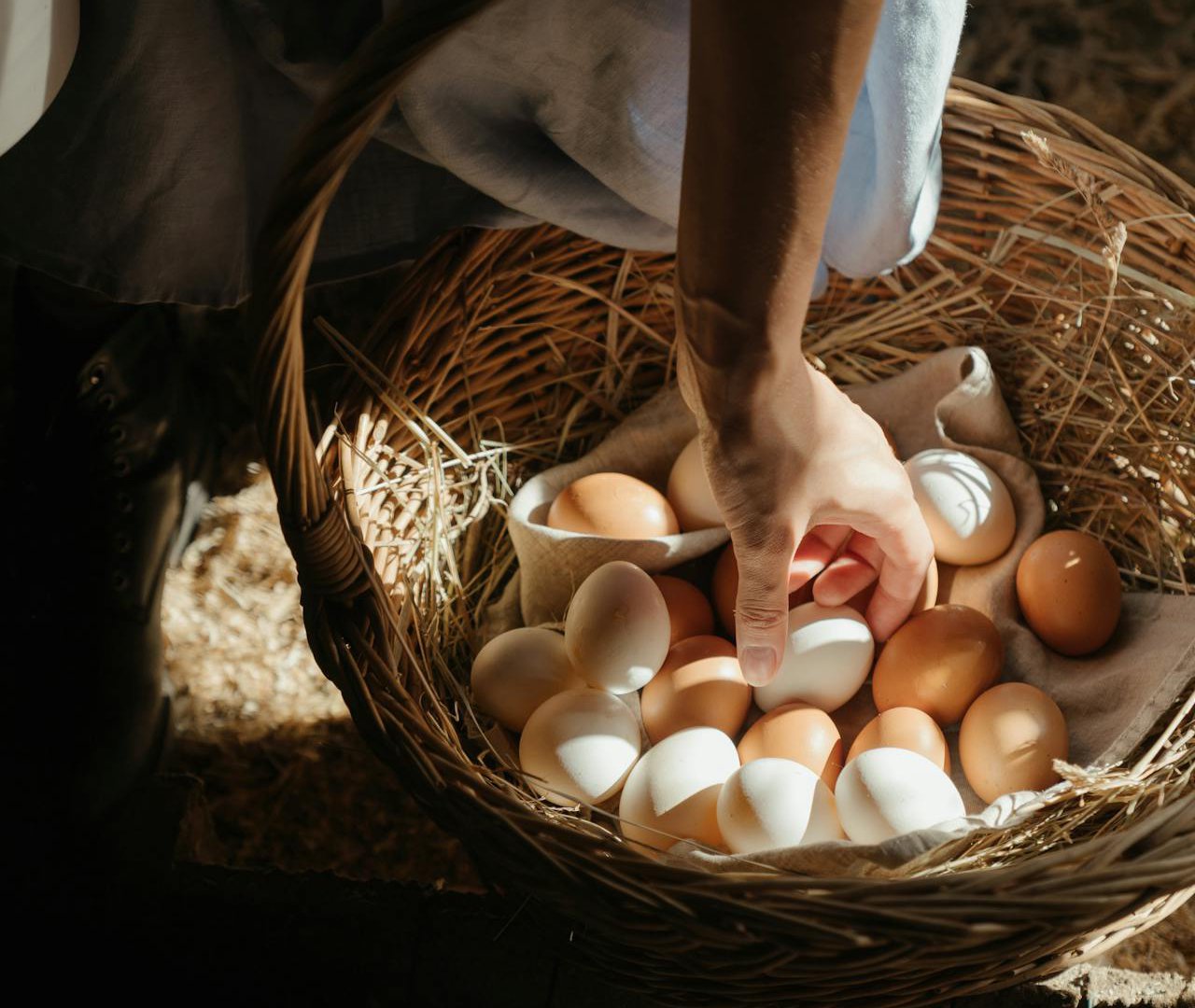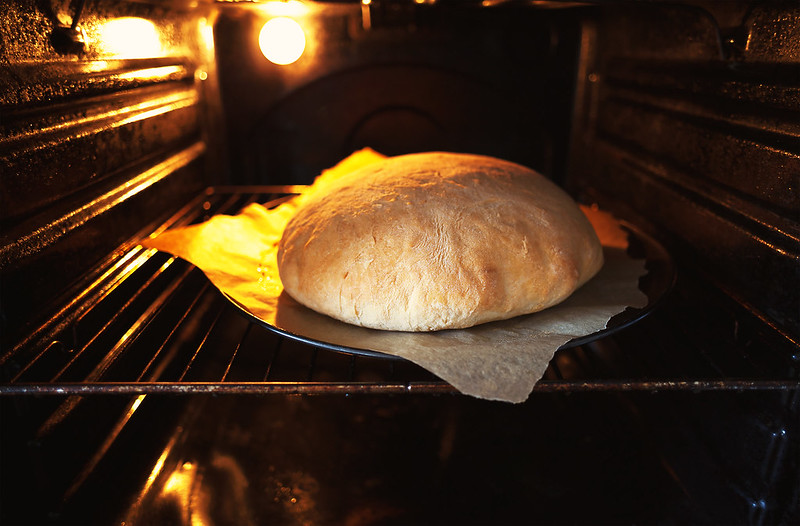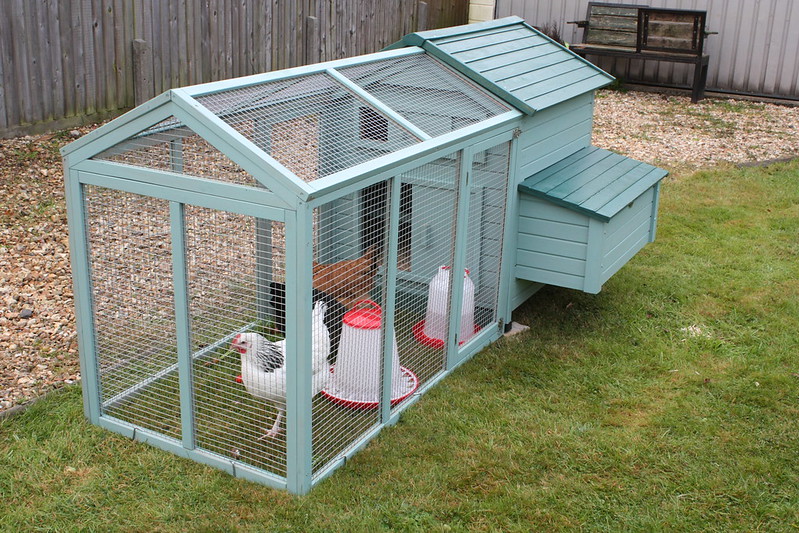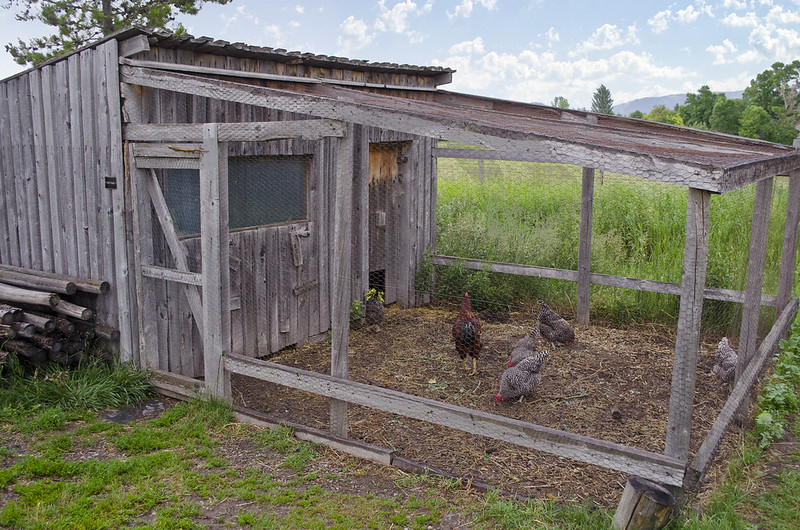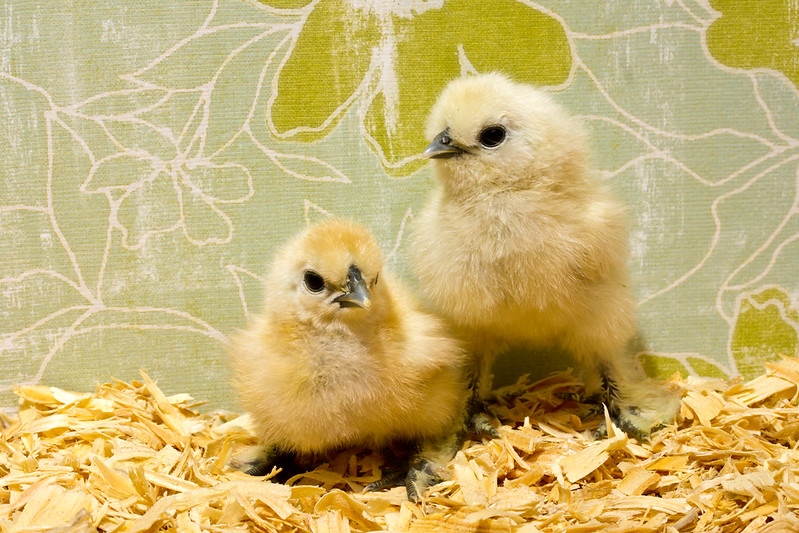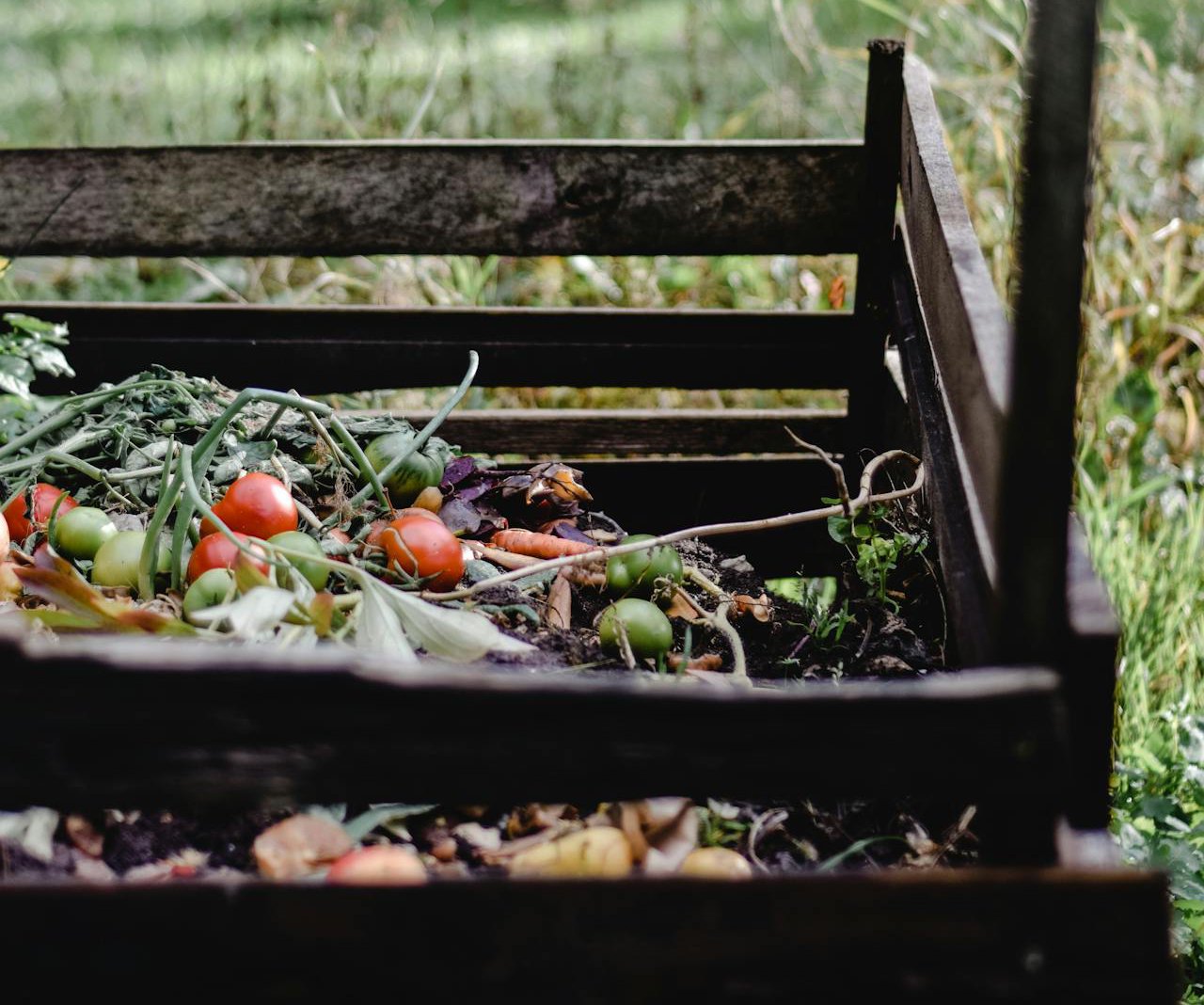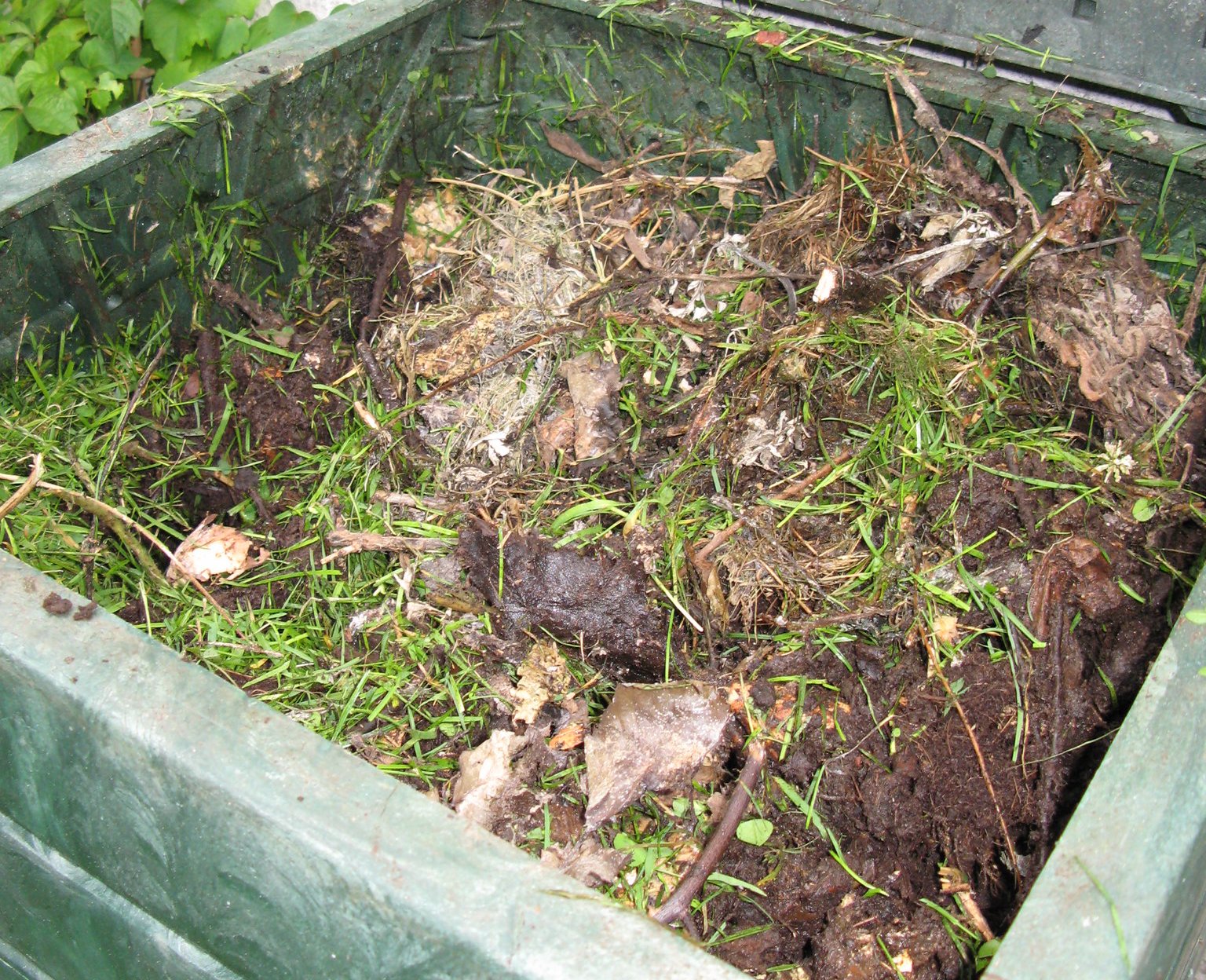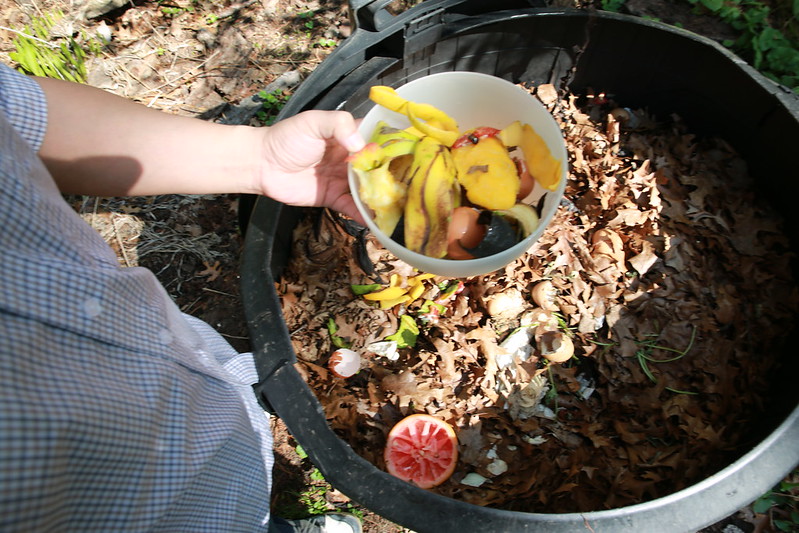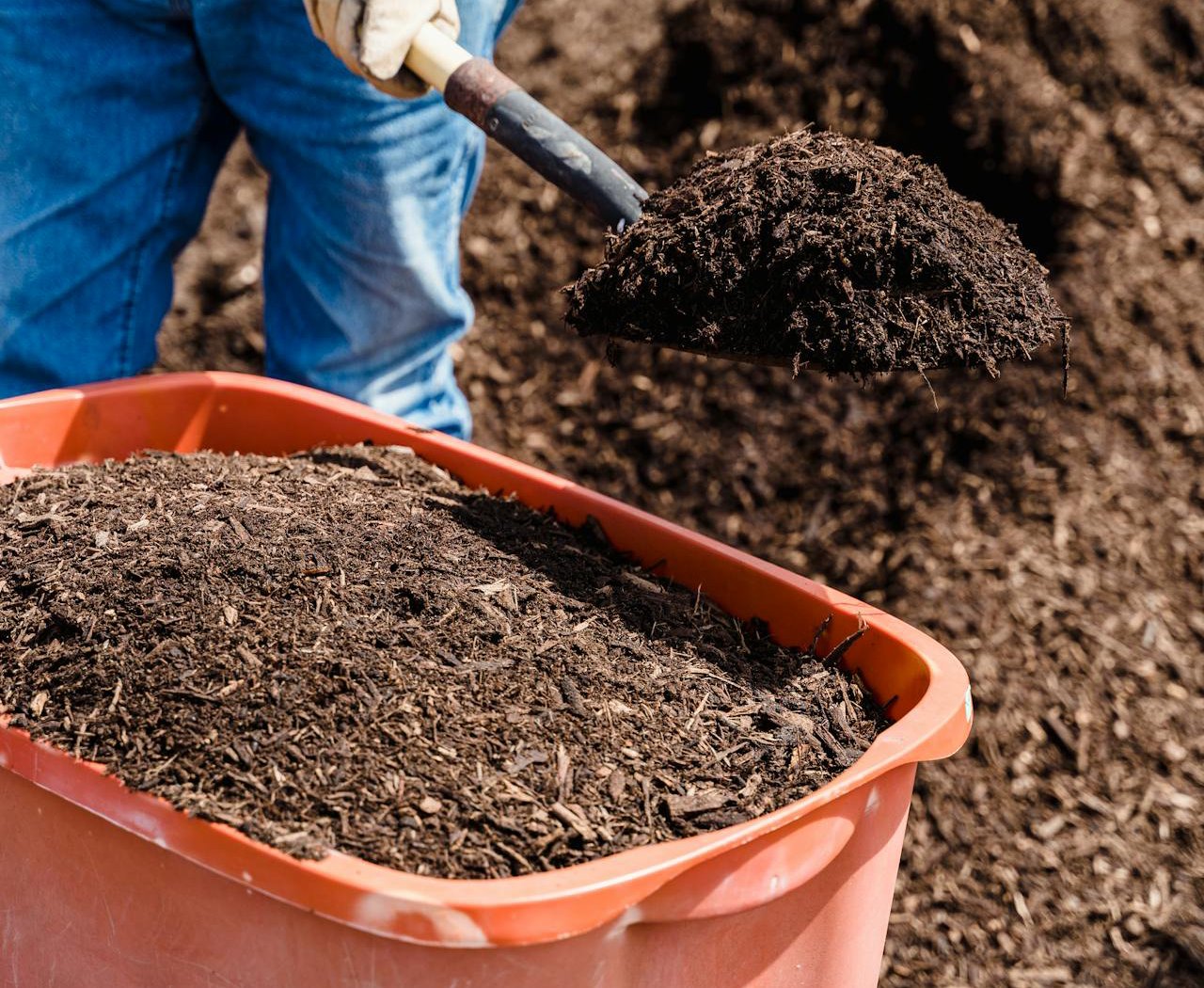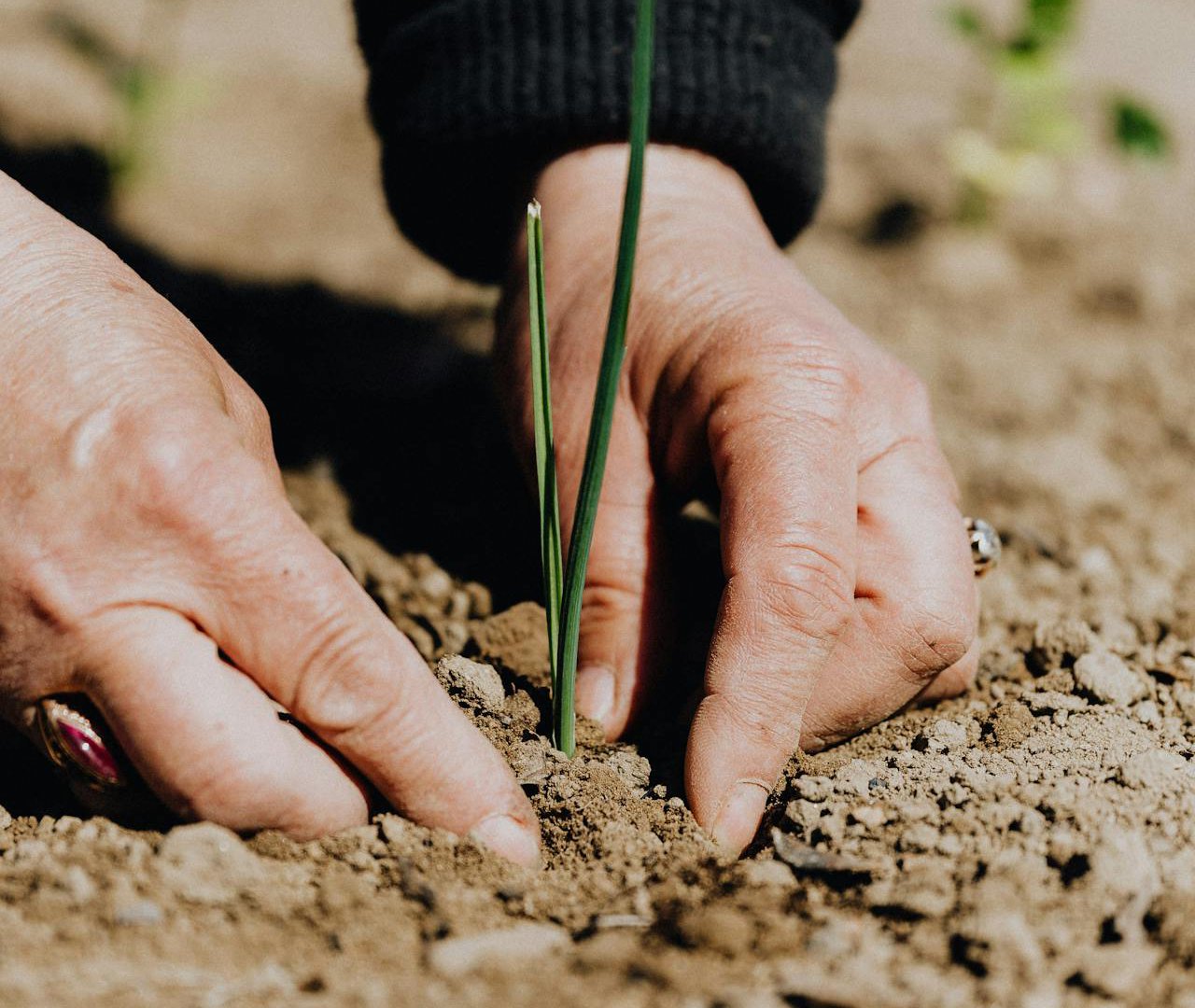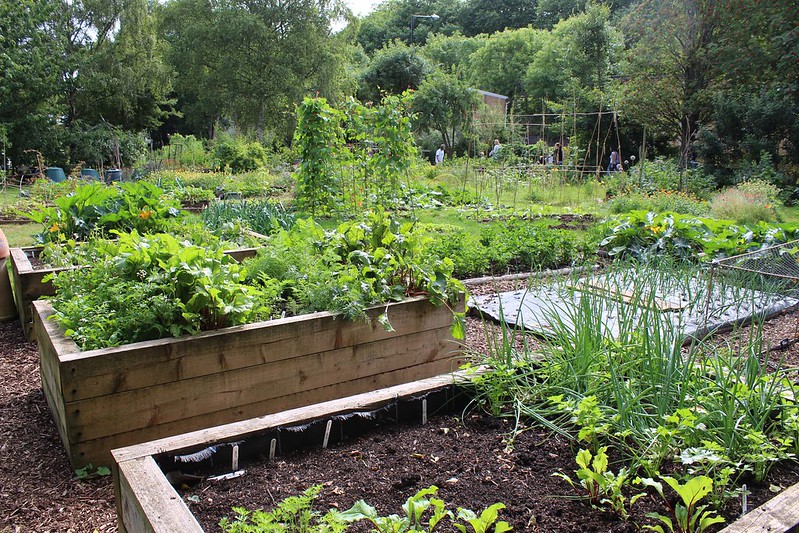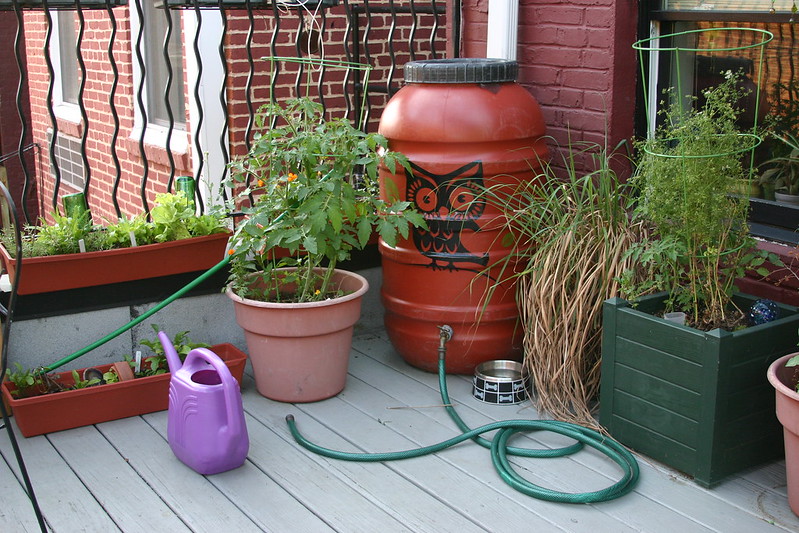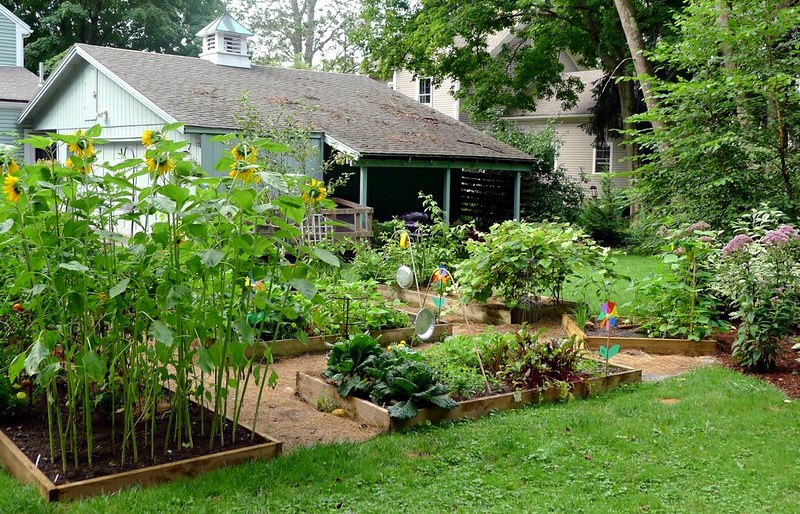Will homesteading save me money?
Homesteading is rising in popularity for many reasons: the desire to more freely, to bring back old traditions, and to save money.
Homesteading can most definitely save you a lot of money in the long run. But how much it costs to get started depends on how resourceful you are.
This article will explain how you can start your homestead for (basically) free.
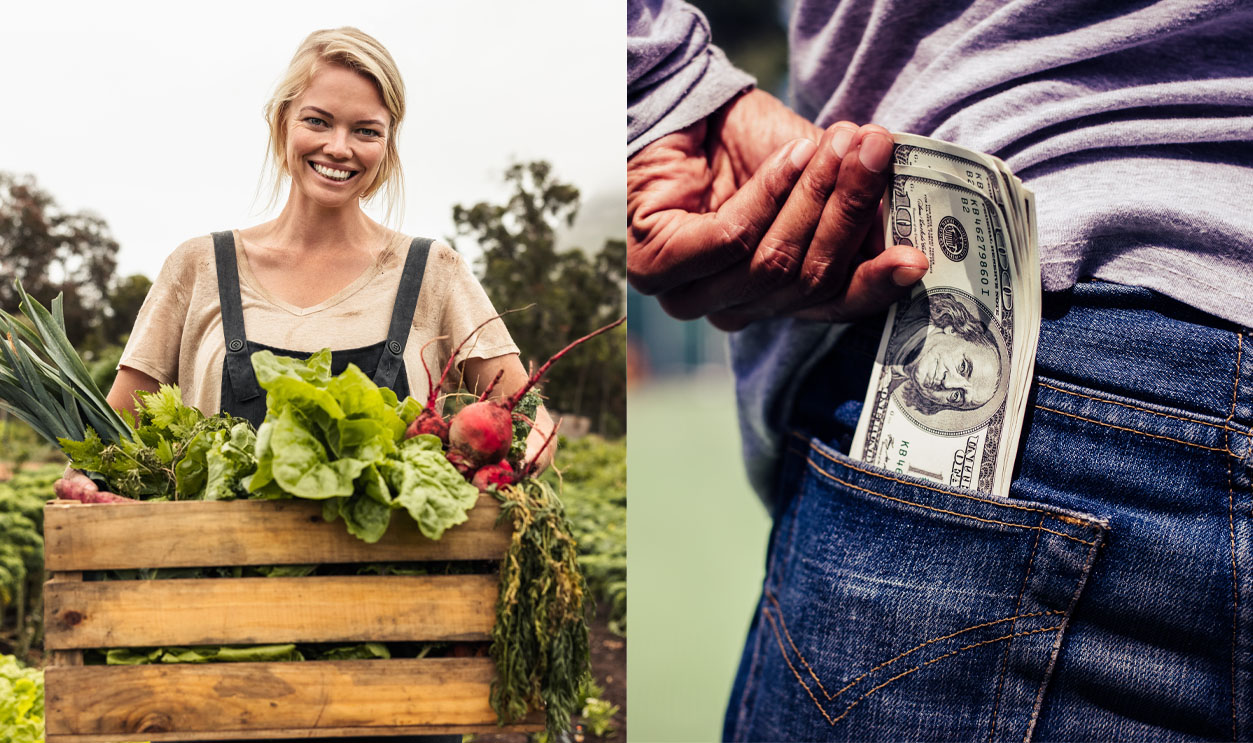
What is homesteading?
By definition, homesteading is “the act or practice of living frugally or self-sufficiently (as on a homestead) especially by growing and preserving food.”
Wikipedia calls it, “a lifestyle of self-sufficiency.”
In Reality
Realistically, homesteading can look different for everyone. Now-a-days the concept can be adopted by those living in urban, suburban, and rural areas.
To Simplify
In simple terms, homesteading often involves practices that assist in a self-sufficient lifestyle, such as: growing and preserving your own vegetables, raising chickens, goats and other small animals or raising larger livestock depending on space.
What else do homesteaders do?
A typical homesteader will make a lot of their own products like soaps and detergents, clothing, and other craftwork.
Why do people homestead?
Some people are motivated by self-sufficiency, simply because they prefer to do things on their own. Others want to live off the grid, or to avoid being overly dependent on a consumer-driven, materialistic mindset.
Some people want to live a healthier lifestyle, and some want to save money.
Is homesteading expensive?
It can be. Certain practices can be expensive to get started on, such as buying land for animals, setting up solar panels, and even some garden tools can be pricy.
But there are many ways to homestead with little or no money at all.
Homesteading On the Cheap
Here are 10 steps to start homesteading on a budget. Not all are specifically financial steps, but all will save you money in the long run.
1. Simplify Your Life
Not only is homesteading going to take up a lot of your time, it will also change your entire perspective on success and happiness. You will find you actually want to be doing less.
How to Simplify
Maybe you’re a member of a book club, have a side hustle, volunteer at the soup kitchen and go to the gym every day. Those are all good things, but they can take up a lot of your time—and you can’t always add more and add more.
Sometimes you need to cut things—especially if you want be committed to homesteading.
2. Make Homesteading Friends
Having like-minded friends can make homesteading significantly easier. First of all, depending on how far you take things, you may have a lot of people questioning your choices or stereotyping you. Having community support is definitely important.
Partner Up to Save More Money
You can double your homesteading yield by partnering up with friends for things like sharing your harvest. Maybe one has bees and the other has chickens. Grow different veggies and shop in each other’s gardens.
Sharing saves money.
Ask Questions
Most people who start homesteading have a lot of questions. Having experienced homesteading friends can come in handy when you need some guidance—like where to get the best deals on soil, seed, or wood.
3. Start Gardening
Usually, a vegetable garden is the first thing people do when they start homesteading. A vegetable garden will provide you with an array of healthy, organic food—without going to the grocery store.
And here’s how you can do it fairly cheap.
Soil
Many people think they need to buy fancy soil to have a healthy garden, but that is not necessarily true. Seeds will grow in almost any soil. Use the good old dirt that’s under the grass. Break it up a bit with a shovel and you’re good to go.
Tools
All you really need is a shovel. If you don’t have one, borrow one from a friend, or grow a “no-till” garden.
Space
If you literally do not have a piece of dirt/land to grow some seeds—get creative. Use pots, cans, bins, or wooden boxes.
You can also sign up for a spot at a community garden, or even ask to borrow a small chunk of your homesteading friend’s garden—again, homesteaders love to share.
4. Preserve Your Harvest
Preserving food was becoming a dying art, but it has seen an untick in popularity in recent years.
Your vegetable garden will provide you with enough food for the entire season it grows, and then all winter long as well—from preserving.
Four Ways to Preserve
The four main ways to preserve food are canning, freezing, dehydrating, and cold storage. None of these are completely free, but there are ways to make them cheap.
Canning
Canning will cost a few bucks in jars to get started. Look on local buy and sell groups, marketplace, or at thrift stores to find them for far less than brand new.
Ask your friends and relatives if they have a jar or two kicking around—take any and all that you can.
You can also save pickle jars (and alike), wash them out and take the labels off and they’re just as good.
Freezing
If you don’t already have a freezer, you might want to sit this one out for now until you can get one. Unless of course you know someone who has some extra space in theirs they wouldn’t mind sharing.
Watch for deals on freezers as it will be a handy purchase eventually.
Dehydrating
Dehydrators pay for themselves after one or two uses, but understandably, a cost is a cost and sometimes we just can’t make it happen.
Save this task for later, or borrow a friends. And keep an eye out at yard sales and thrift stores for one in good condition.
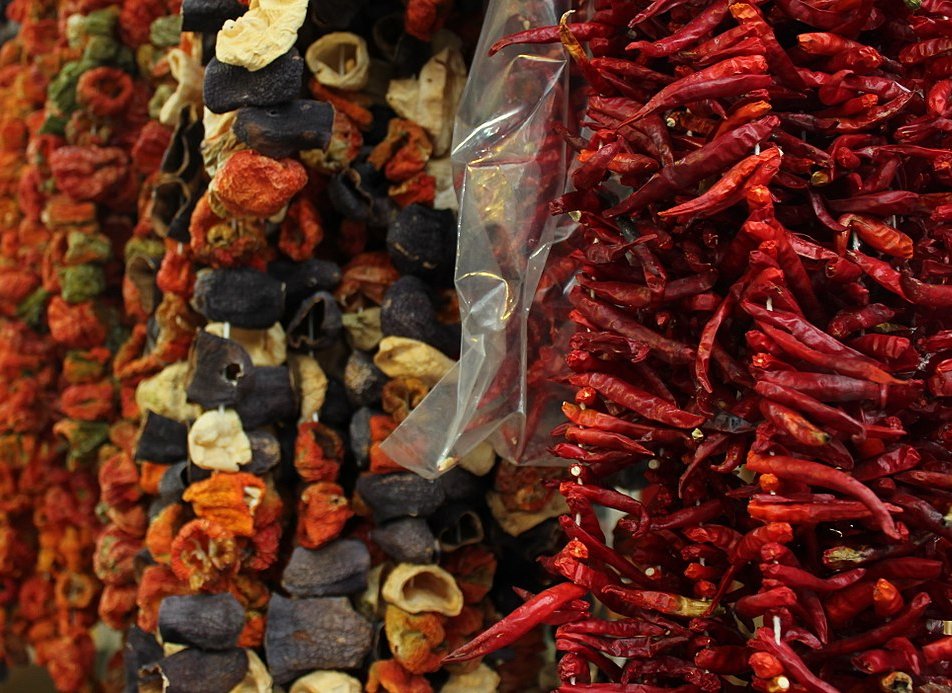 Neslihan_Turan, Wikimedia Commons
Neslihan_Turan, Wikimedia Commons
Cold Storage
Storing perishable foods at low temperatures slows down the biological and chemical reactions—preventing spoilage.
If you don’t have a cold cellar or basement, you can literally dig a hole in the ground. Be sure to research this method so you know what food is safe to store.
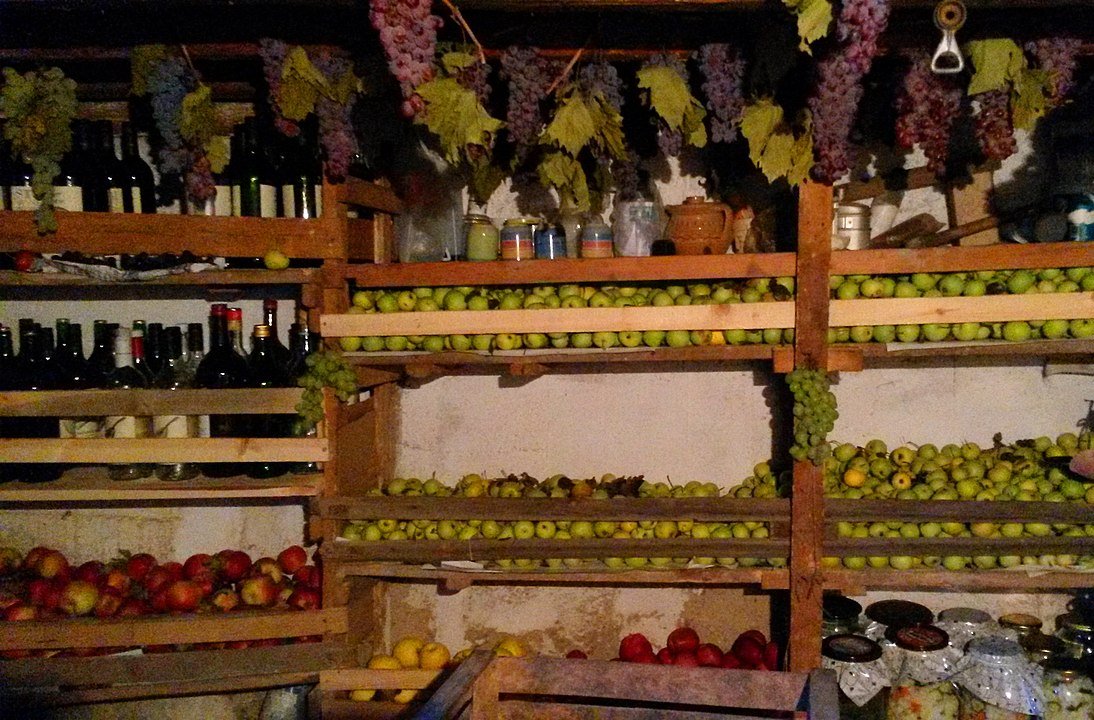 Kiril Petreski, CC BY-SA 4.0, Wikimedia Commons
Kiril Petreski, CC BY-SA 4.0, Wikimedia Commons
Saving Money
Preserving food saves a good chunk of money—which is the goal, here.
If you are growing vegetables and not preserving, you are basically tossing your money in the garbage.
5. Learn to Sew
Sewing doesn’t have to be all or nothing. You don’t have to sew all of your kid’s clothes to save money—every little bit helps.
But if we’re honest, so many people throw away clothing because of small holes rather than simply mending them.
No Sewing Machine
No machine, no problem! Sewing by hand with a needle and thread is how our grandparents did it.
You can learn for free by finding a sewing book at the library, and small kits can be bought at the dollar store.
An Invaluable Skill
Learning to sew is said to be one of the best examples of, “making it work.” It is an incredibly valuable homesteading skill that will save you more money than you think.
6. Get Starters From Other People
Growing things is a huge part of homesteading—whether it be plants, animals, or food. But all of those things cost money to begin with…
Unless you share with your homesteading friends.
Plants
House plants, herbs, and even some veggies can be propagated from already-grown plants. Take clippings from your friends and family when you visit. It won’t hurt the plant, it will actually promote more growth, and then you’ll have a baby to start with.
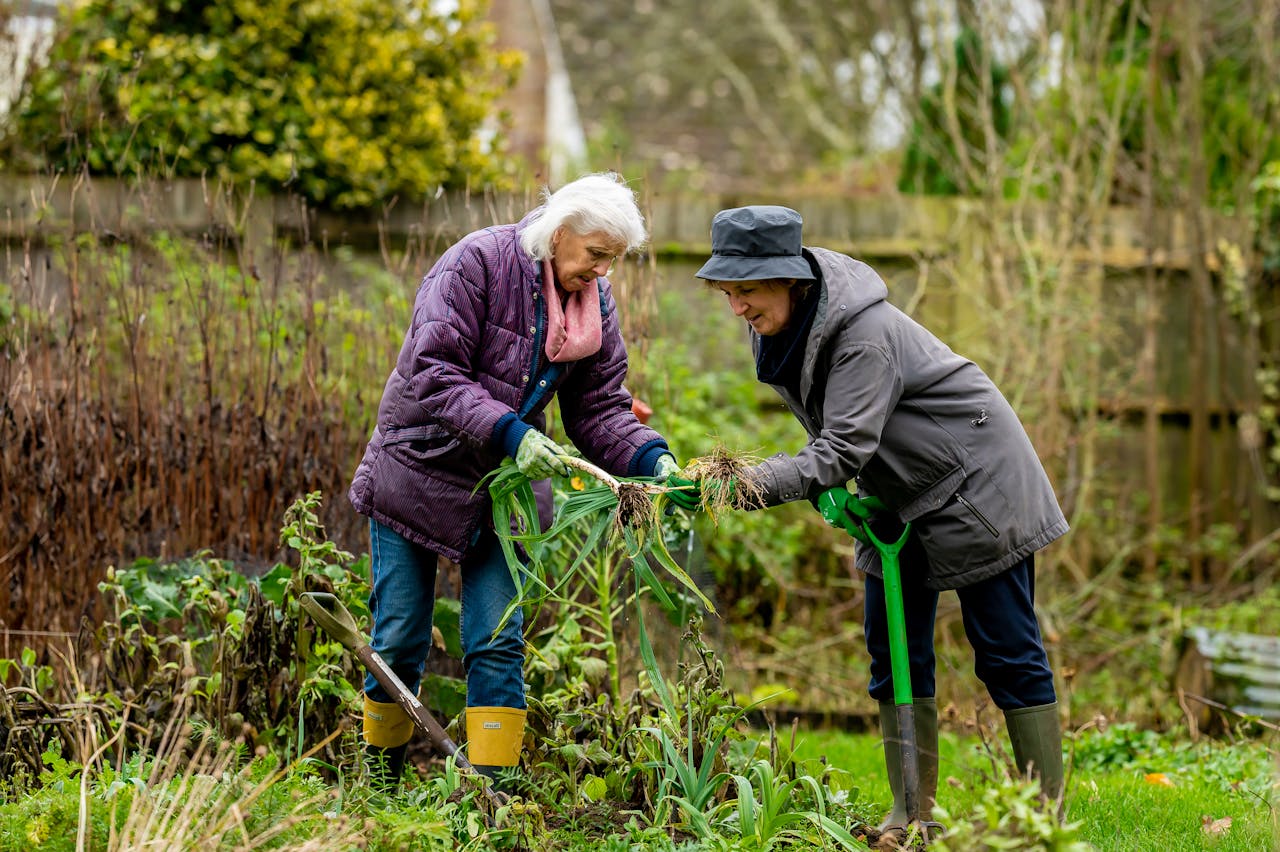 Centre for Ageing Better, Pexels
Centre for Ageing Better, Pexels
Vegetable Plants
Get seeds for free from the library, a local seed bank, or from a local plant sale. Or, as always, share with a homesteading friend. You grow some, they grow some and then you trade a couple.
Chickens
Sometimes your homesteading friends will have unexpected babies to pass off on others. Always ask around for anyone who has some chicks they don’t have space for, or eggs they can spare.
Free chickens means free meat and eggs.
Bread
Baking your own bread is another homesteading skill that is becoming increasingly popular once again.
And most people are making it happen by sharing their bread starters with friends.
7. Plan Ahead
When it comes to homesteading, procrastinating will cost you money, time, and problems.
Make lists, have a calendar, plan meals, draw out your garden. The more you plan, the better you can manage your time, and the more money you will save.
Think Ahead to All Seasons
Plan ahead for all seasons by knowing what you tools and supplies you will need. This way, you can keep an eye out for things as you go.
Watch for sales, people giving away free things, and collect things during off-season to save money.
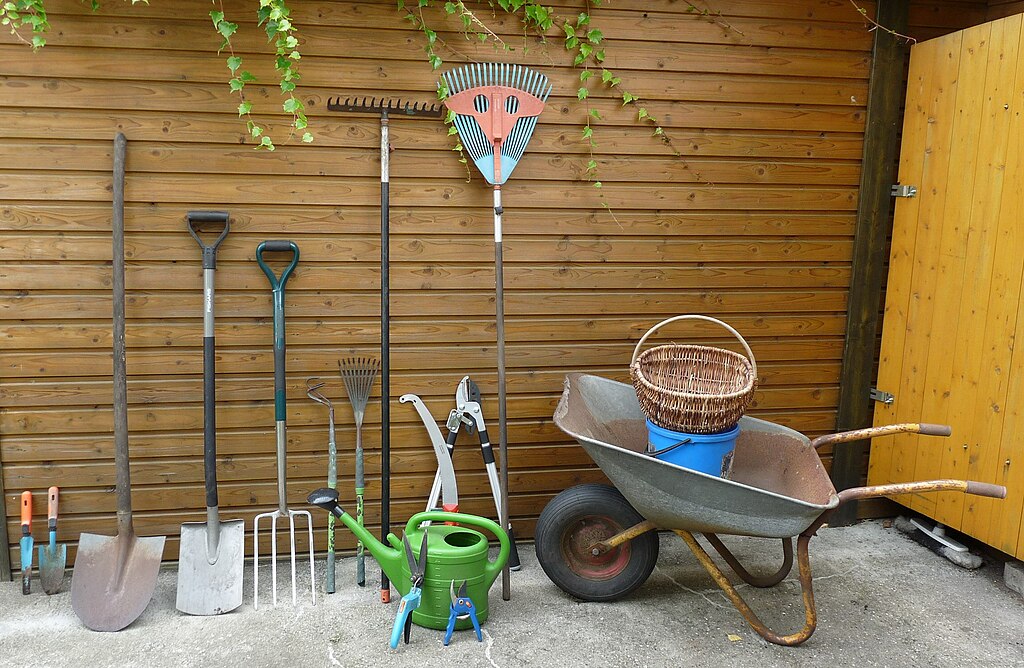 Das Ant, CC BY-SA 3.0, Wikimedia Commons
Das Ant, CC BY-SA 3.0, Wikimedia Commons
8. Cheap Chickens
You can start off with chickens for fairly cheap. From scrap wood coops and cheap baby chicks, it doesn’t cost much.
The Coop
Ask around for anyone tearing down a shed or deck, or watch for odd jobs online that ask people to come and remove decks and sheds. They will usually pay you to tear it down and ask you to take away the scrap—which you can then take to your house to build your chicken coop.
If this works out, you’ll actually be making money and get a free chicken coop!
The Chicks
Baby chicks can be purchased from other local farmers for fairly cheap—think less than $30 for 8-10 chicks. And a bag of feed will cost about $10.
There will be the added cost of feeding them (free-range will cut these costs too, though) and keeping them warm. But chickens will save you money by giving you meat and eggs.
9. Compost
Starting a compost pile is completely free, super easy, and extremely beneficial to your homestead.
Your garden will thrive, and you’ll cut down on waste.
What to Use
There are several creative ways to make composts out of garbage bins, large Rubbermaid bins, a few pieces of wood, or even a hole in the ground.
How to Do It
As soon as you have a place to toss the goods, just throw your food scraps, garden waste, and chicken poop into a pile, and water and churn is every once in a while.
What Not to Add to Your Compost
Do not add meat scraps, bones, grease, whole eggs, or dairy products to your compost pile. They will decompose extremely slow and cause odors and attract critters.
10. Be Frugal
If you want homesteading to save you money then you will have to stop spending money in the first place.
If the item requires you to make payments in order to pay it off—you can’t afford it.
Cash Only
One of the easiest ways to do this is to only spend money if you have the cash for it. Avoid putting anything on credit, or using bank cards.
Other Simple and Cheap Ideas
Without going into too much more detail, other simple ways to save money while homesteading include: collect rain water for your garden and animals and learning how to recycle your plastics and cans for other uses around the homestead—like planters, bird feeders, etc.
Level Up
Once you have levelled up from the beginner stage, you can start adding solar panels to save on energy costs, and add to your livestock to save more on food.
You can even start making your own soaps and products to sell at the local market, or sell some of your harvest to make some money.
 Stefan Thiesen, CC BY-SA 3.0, Wikimedia Commons
Stefan Thiesen, CC BY-SA 3.0, Wikimedia Commons
Bottom Line
Homesteading can save you a significant amount of money once you’ve gotten started—and getting started shouldn’t be expensive or overwhelming either.
Start small and slow and work your way up. Build your network so you have support and options, and remember to give back as well.


